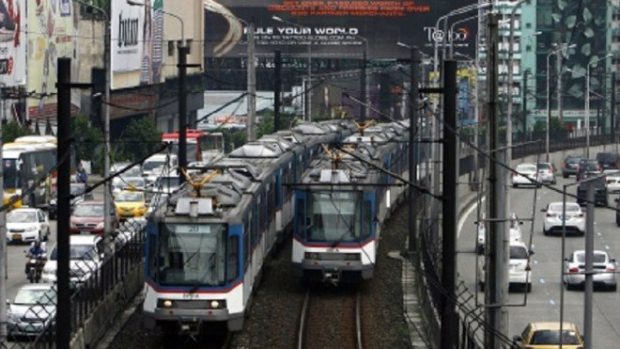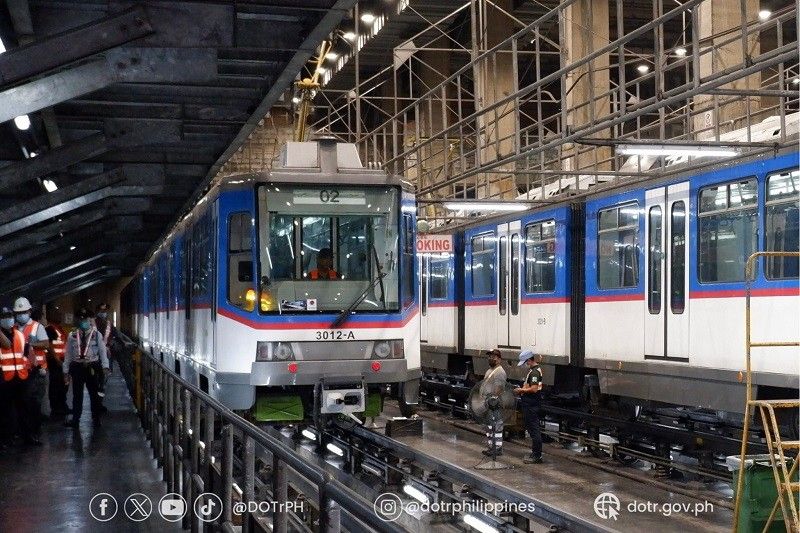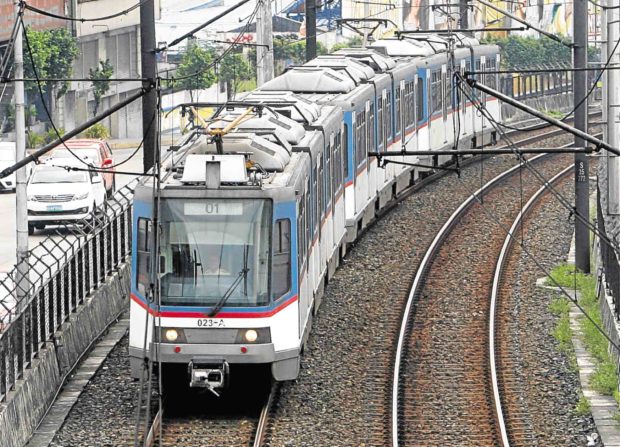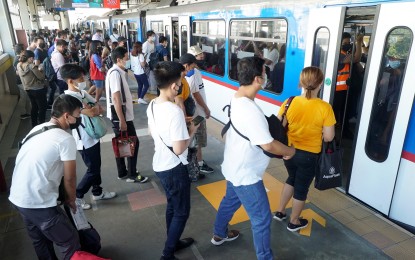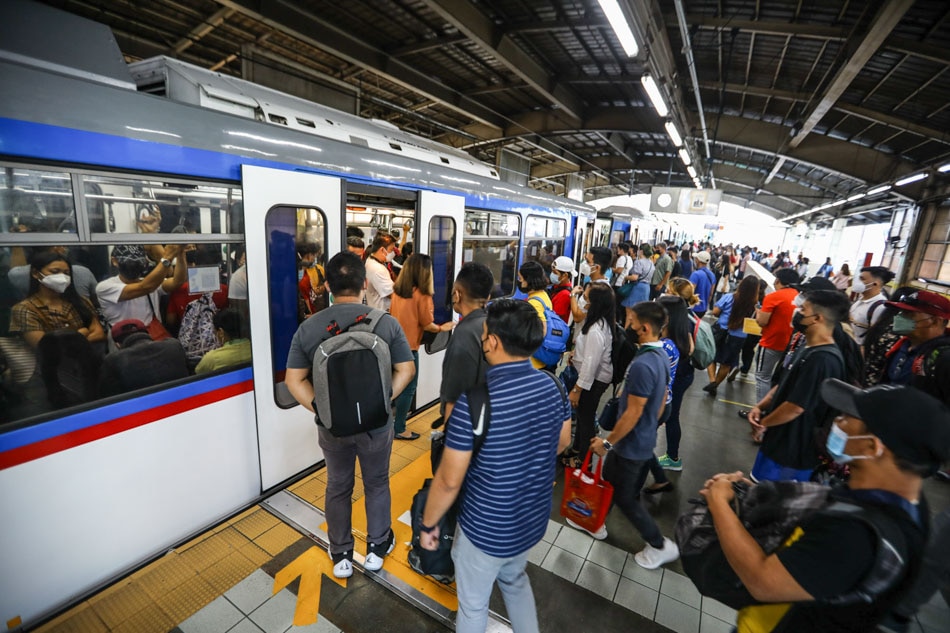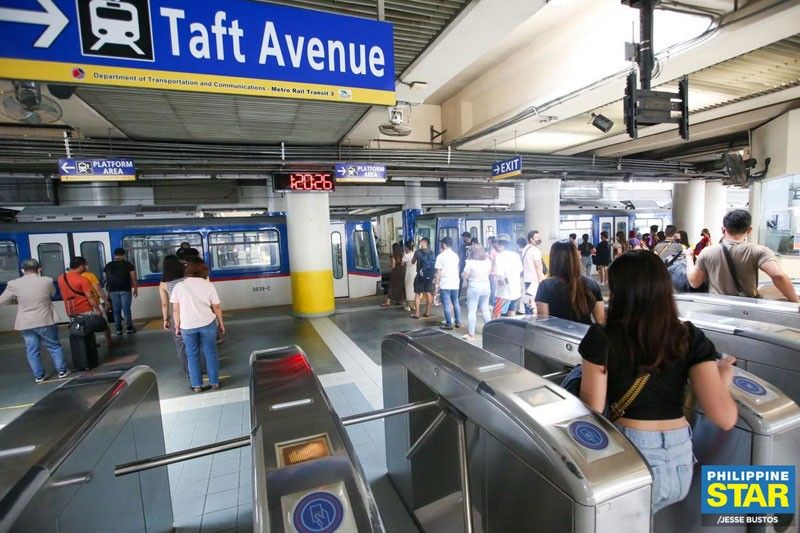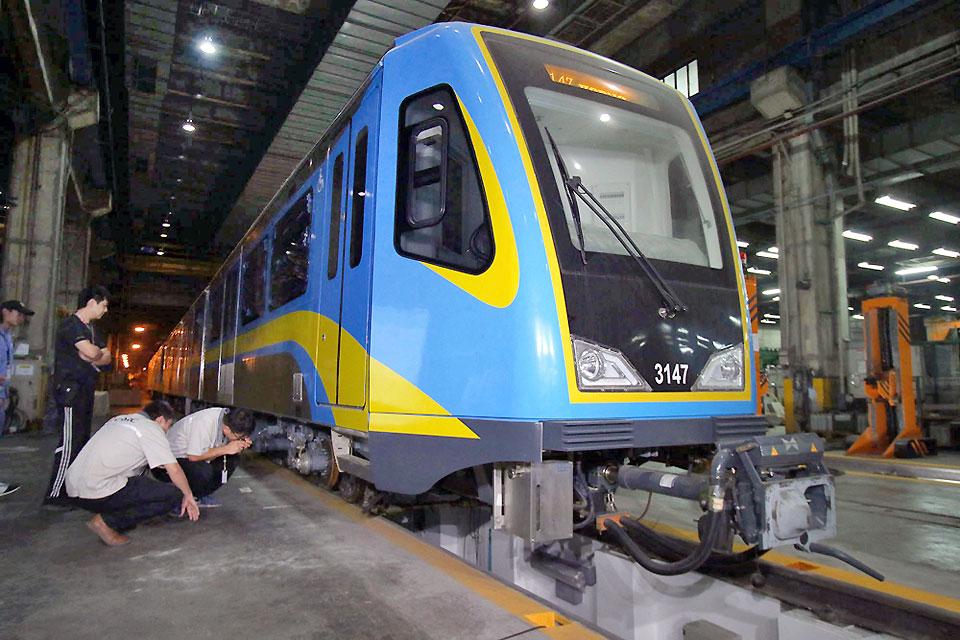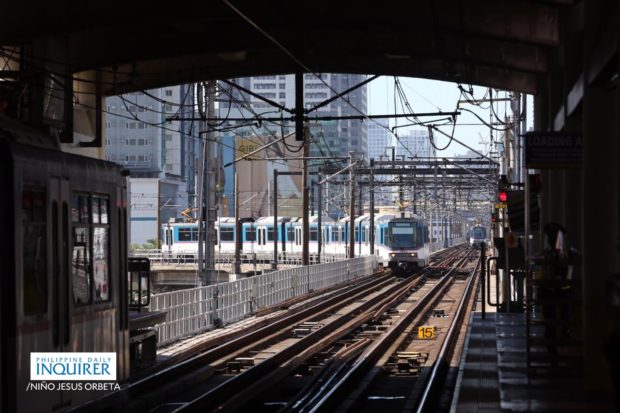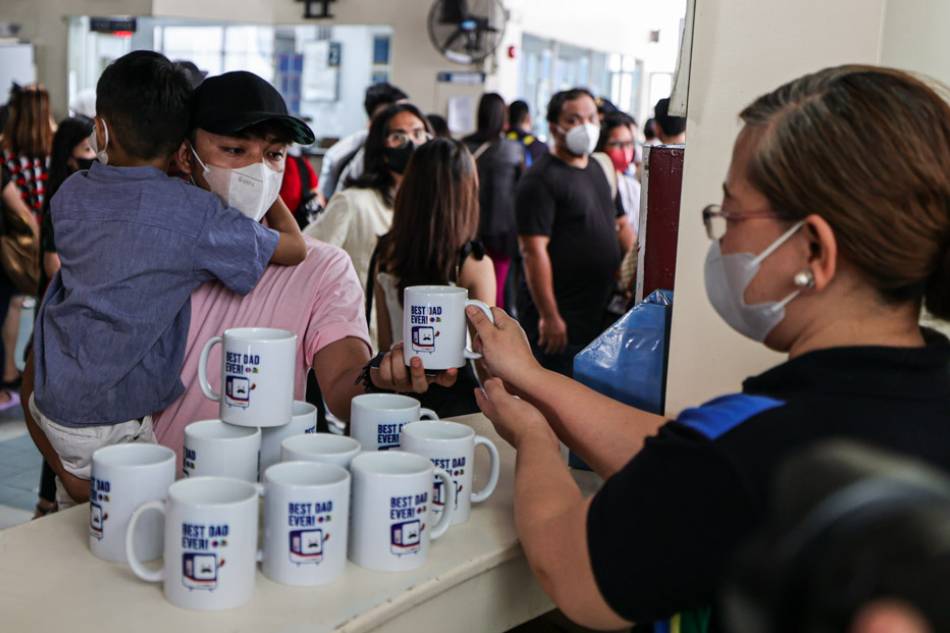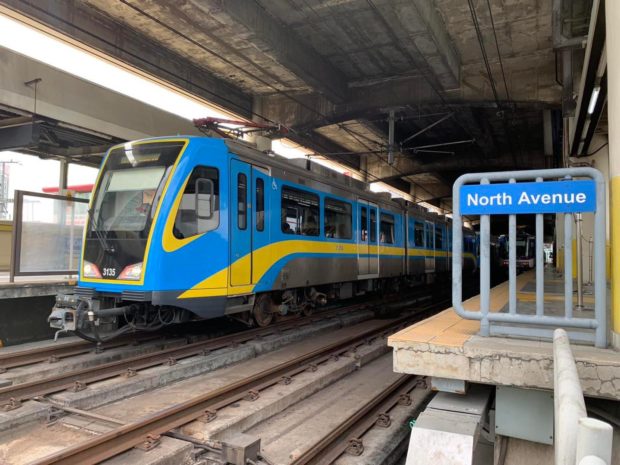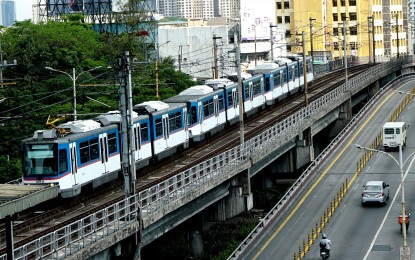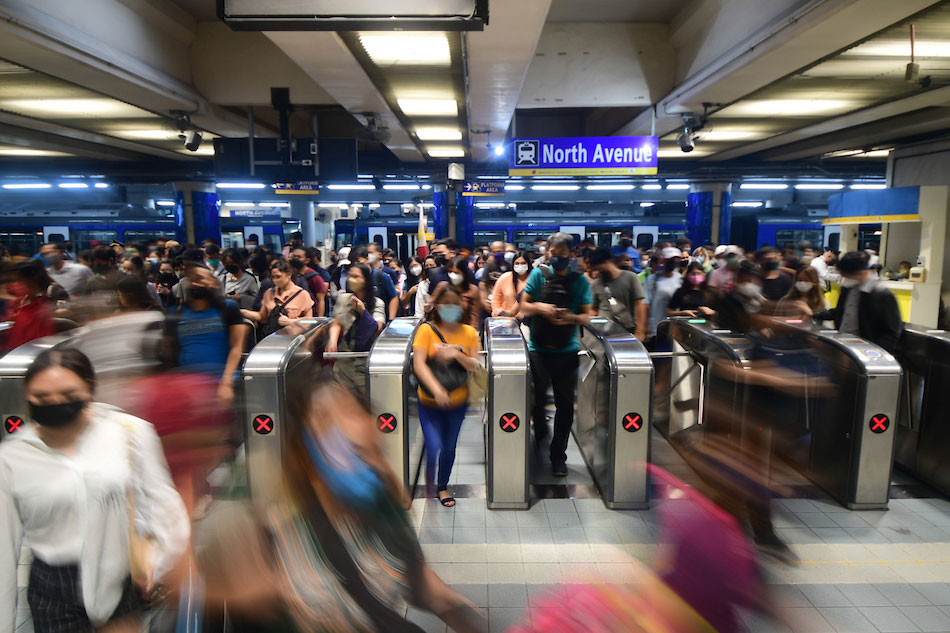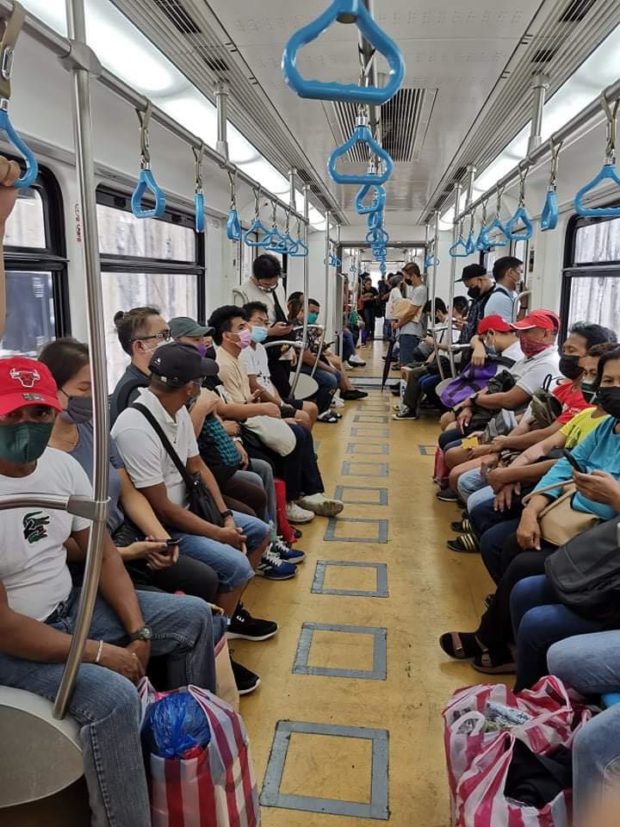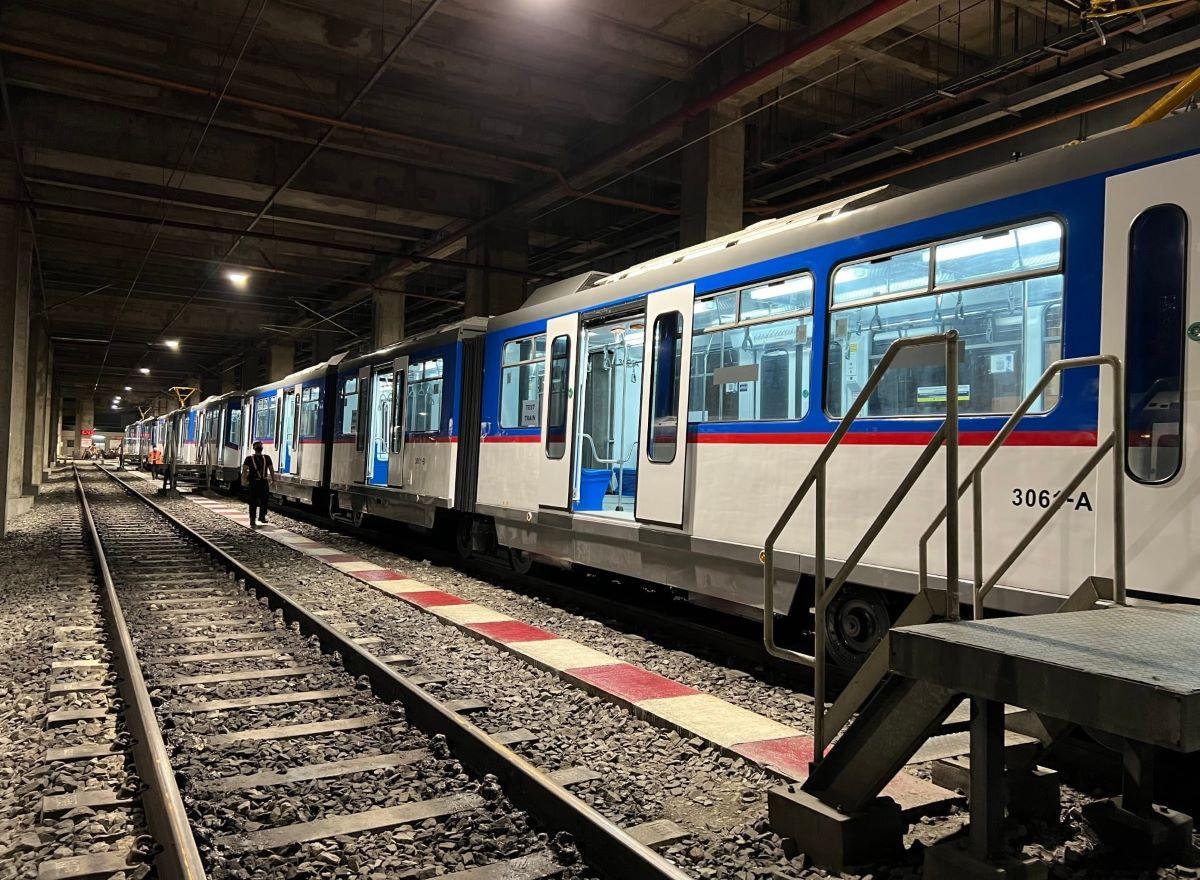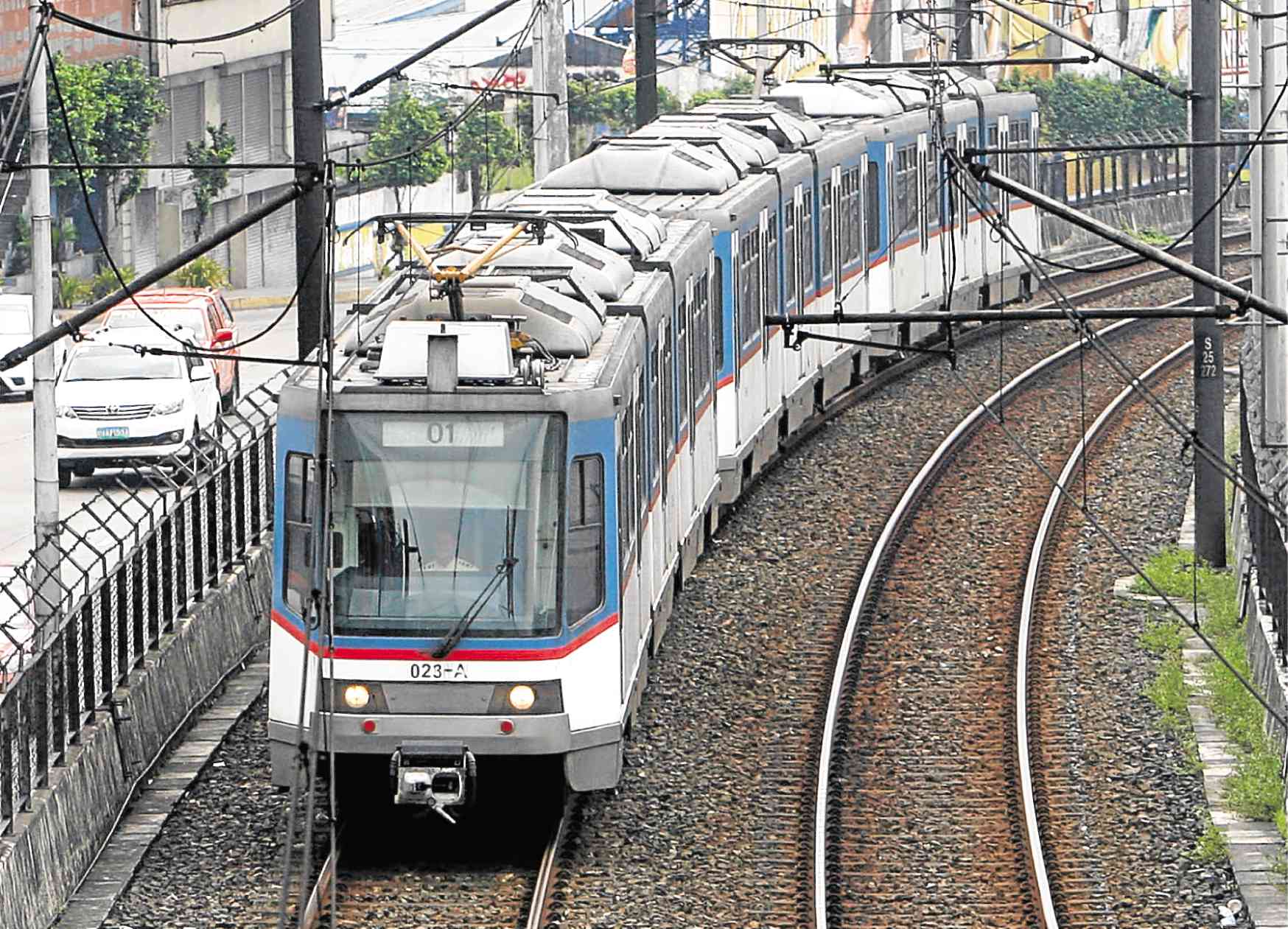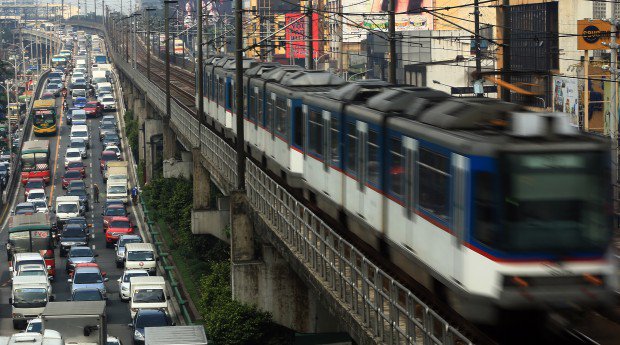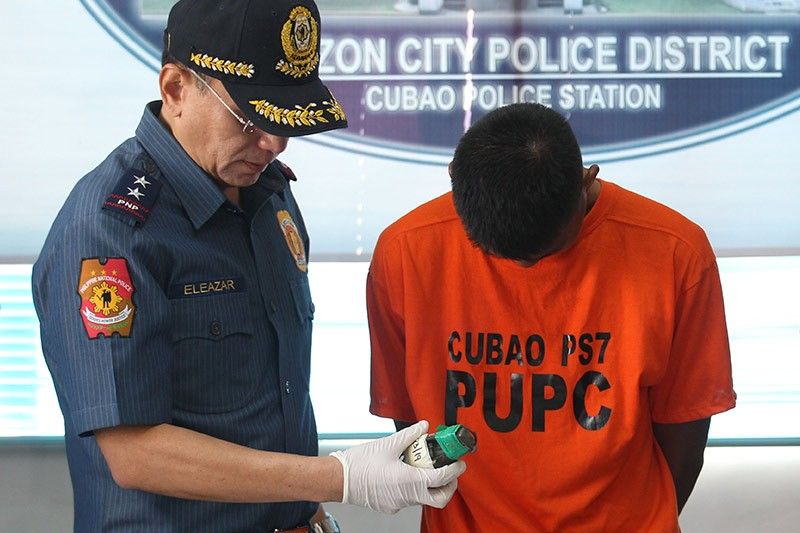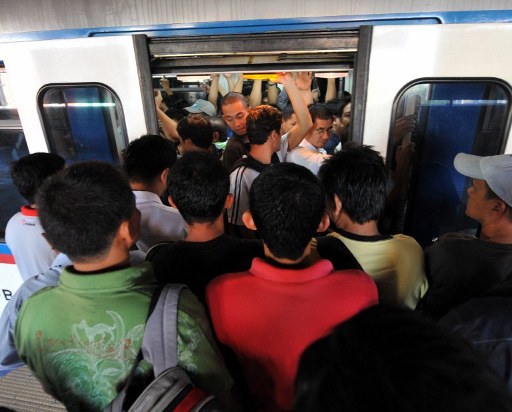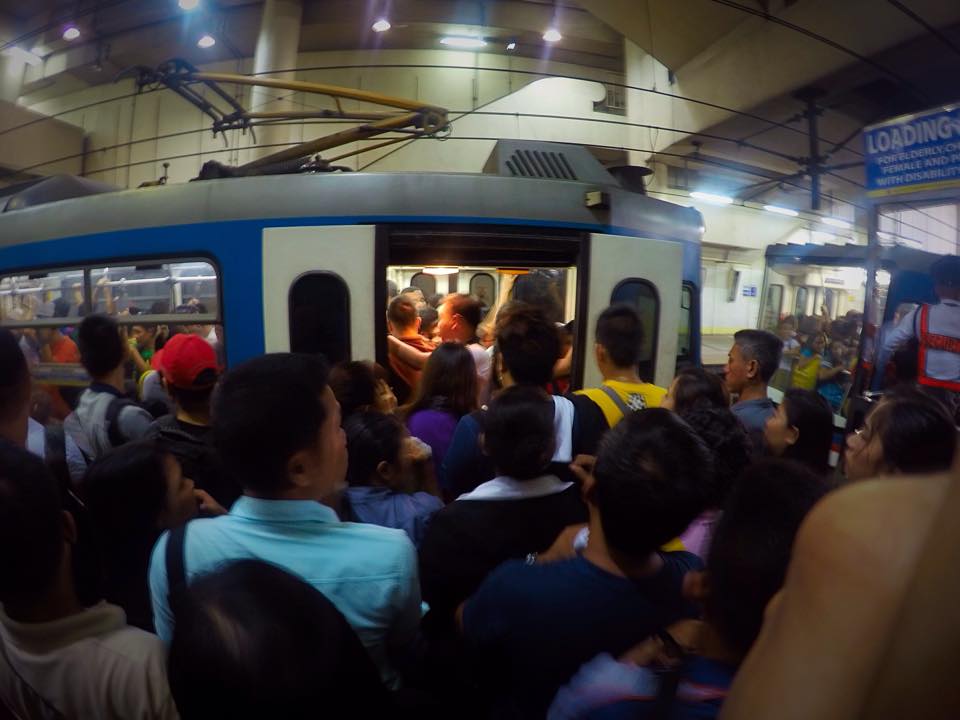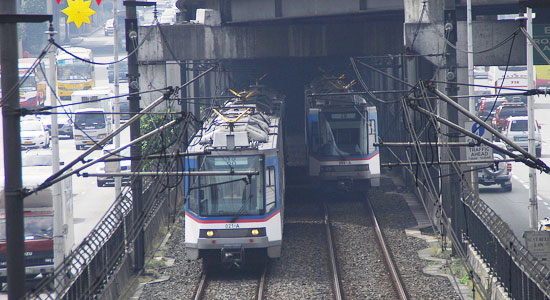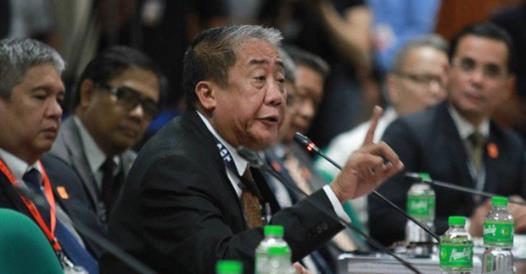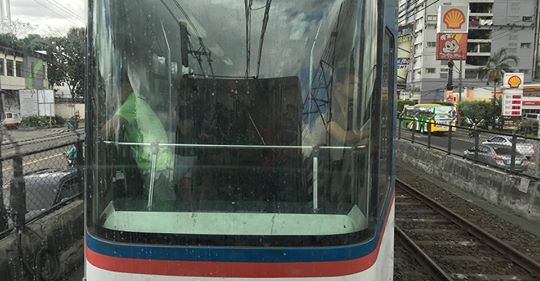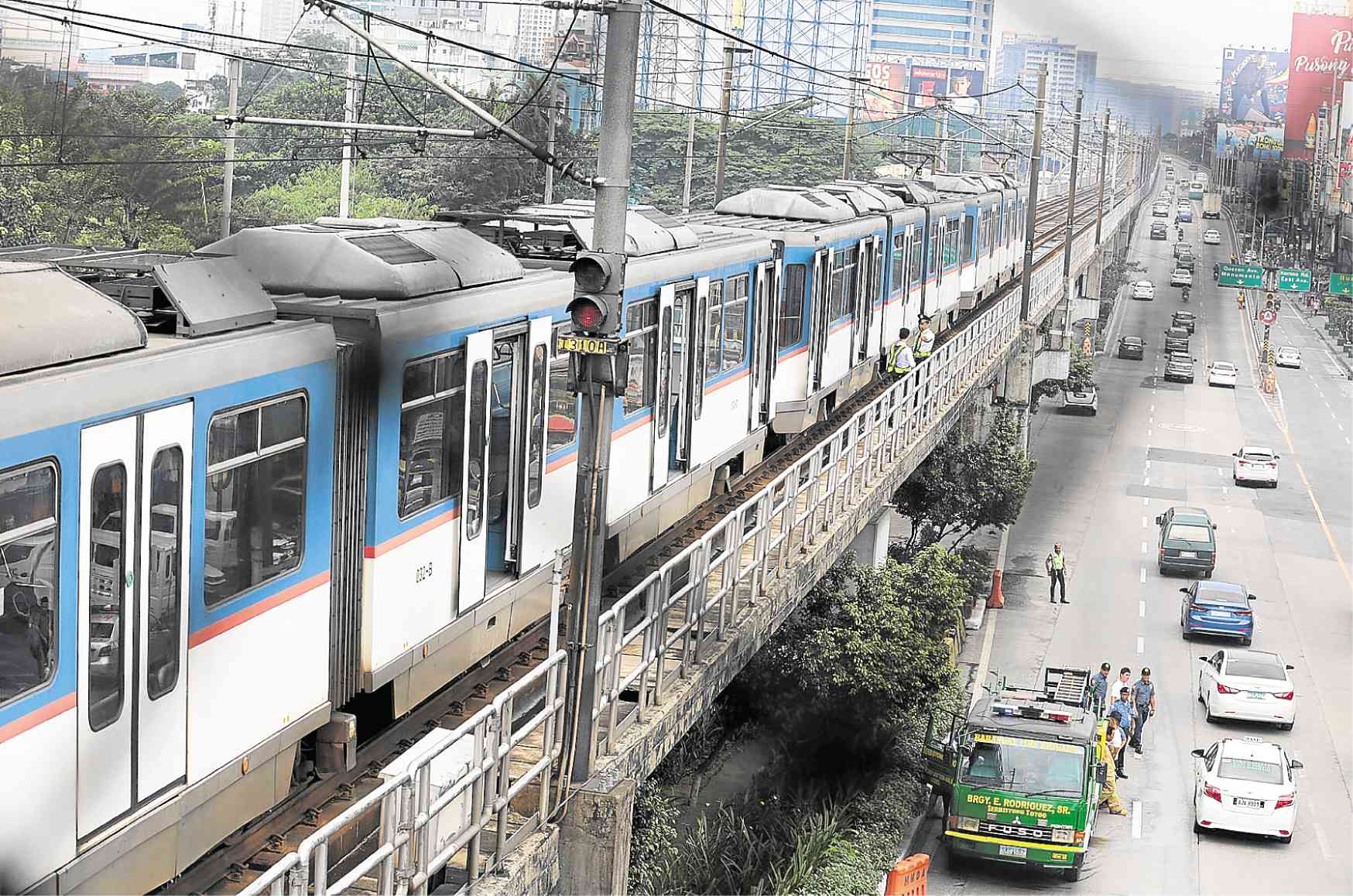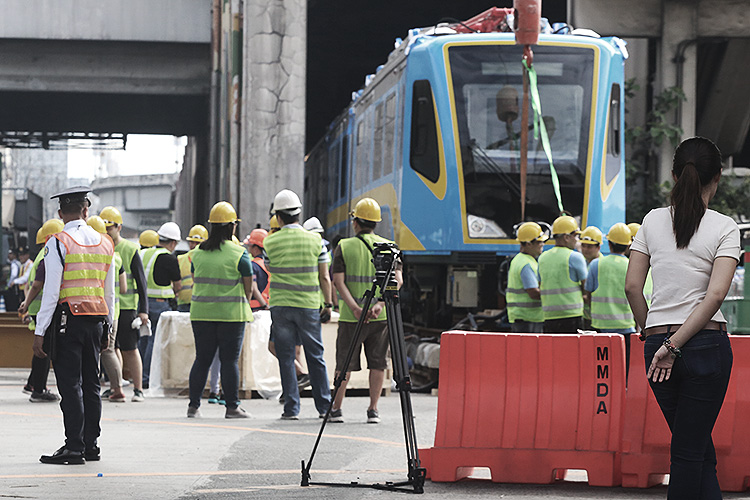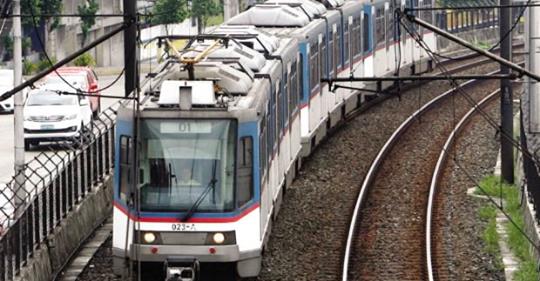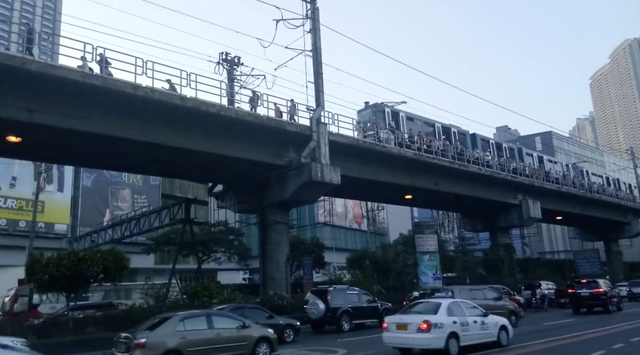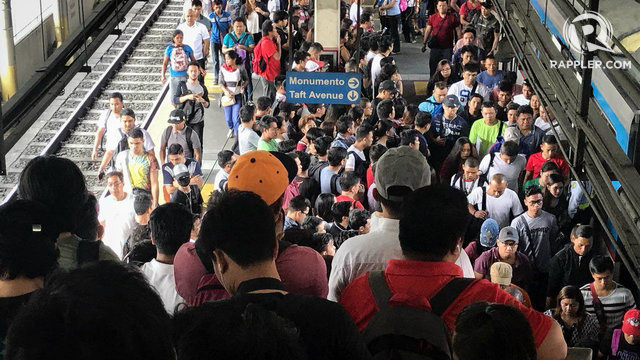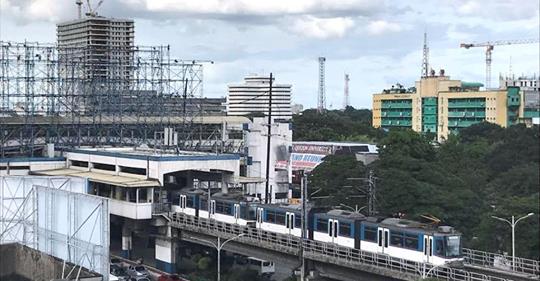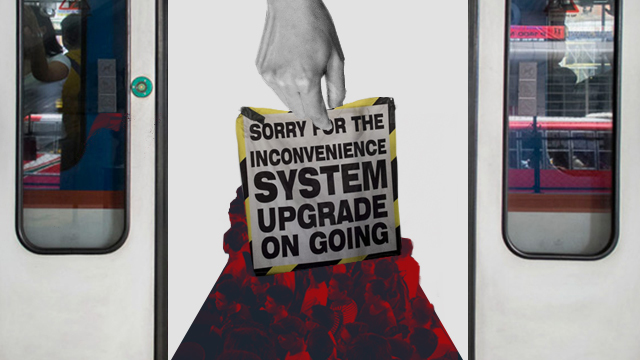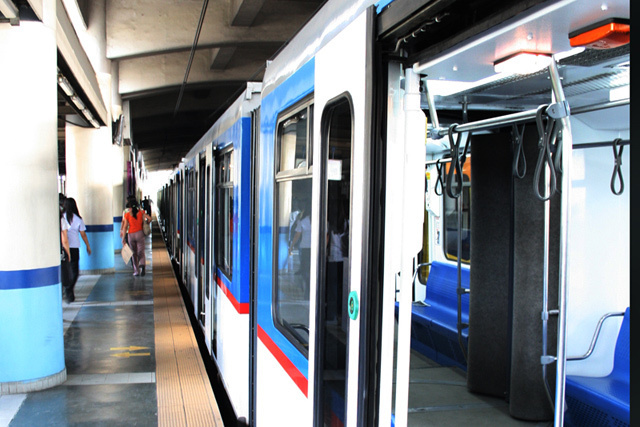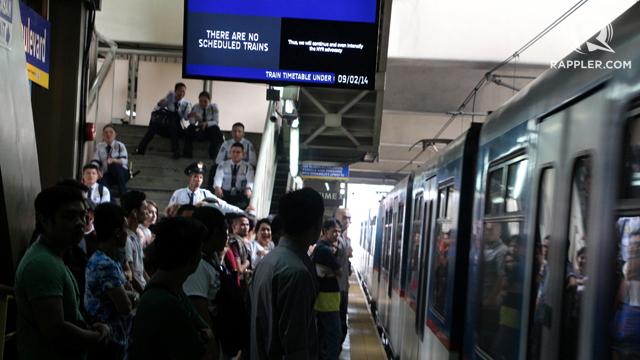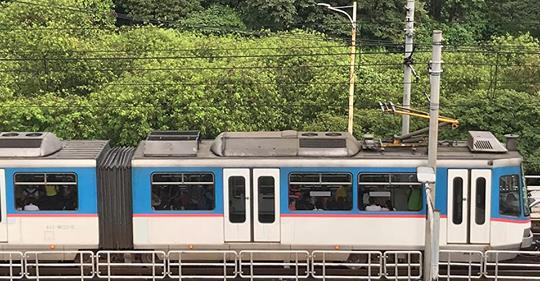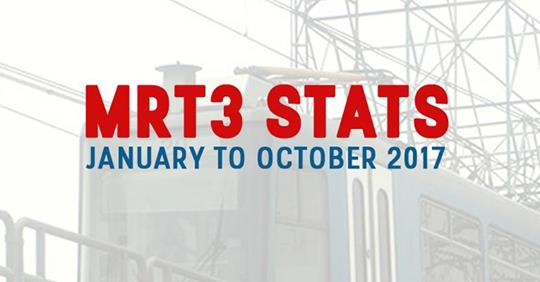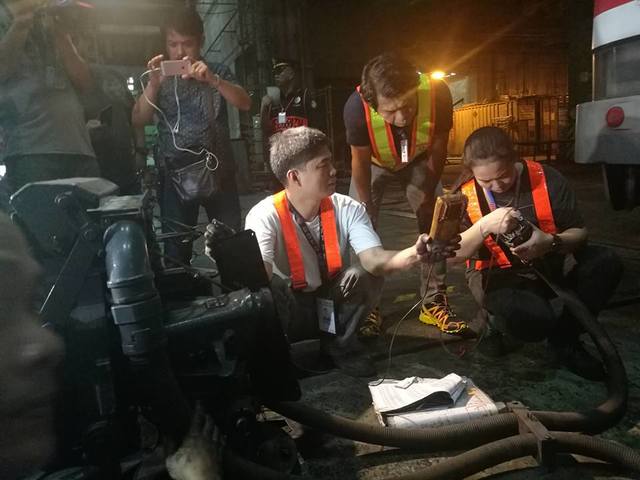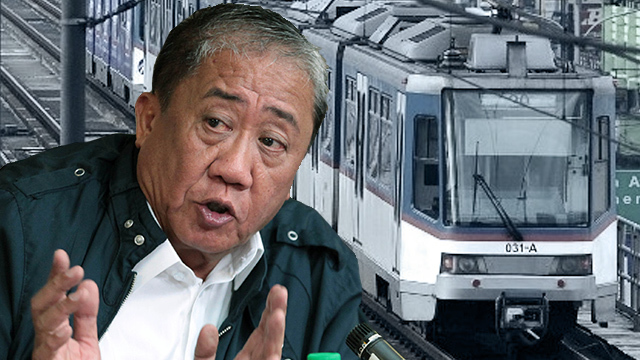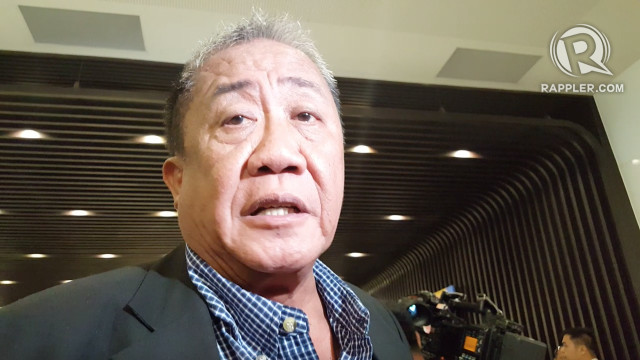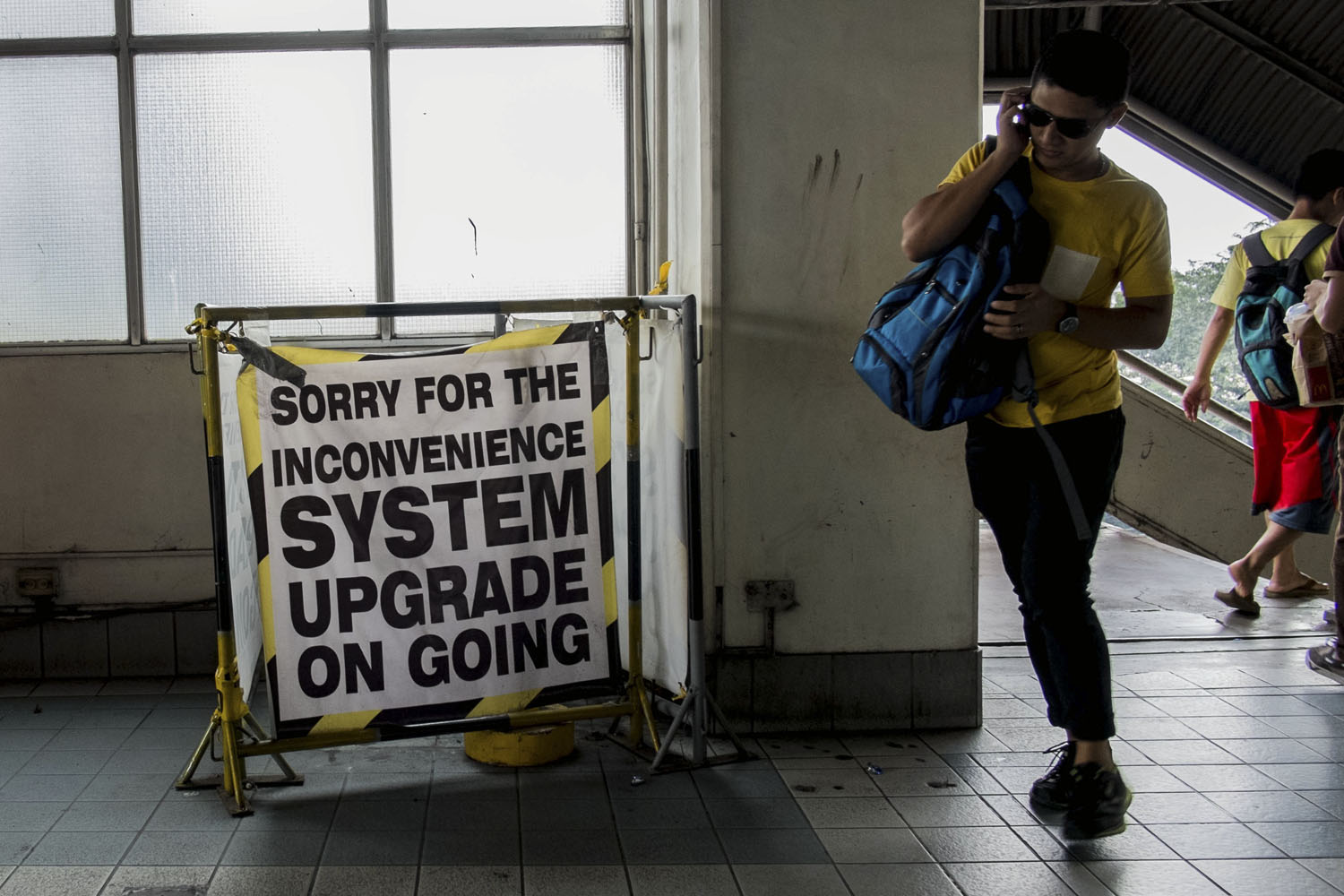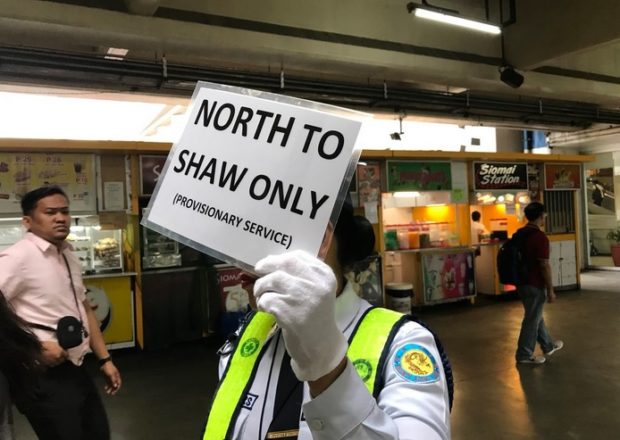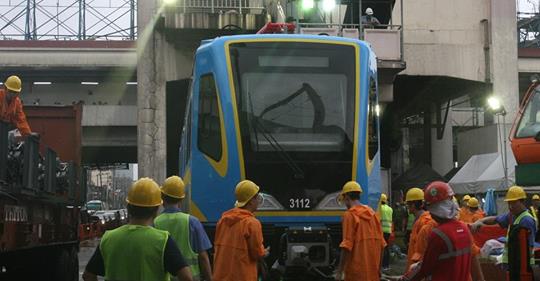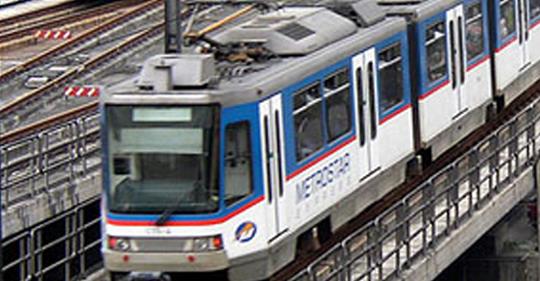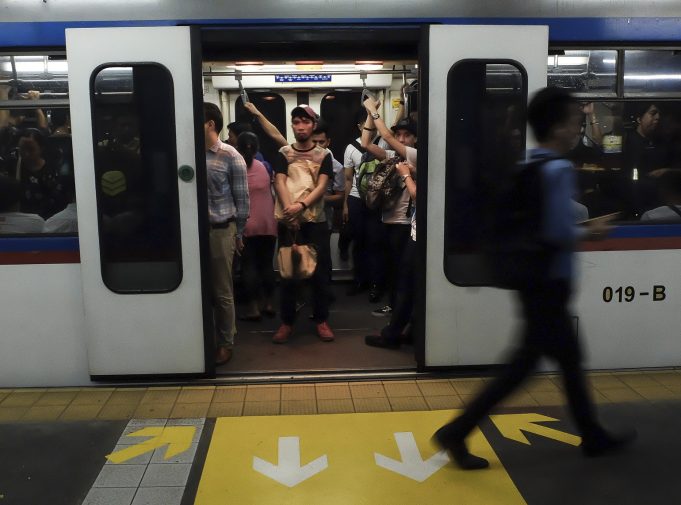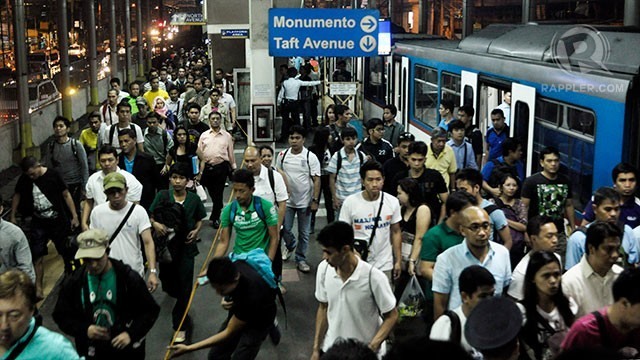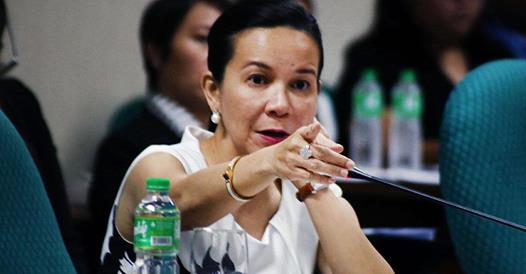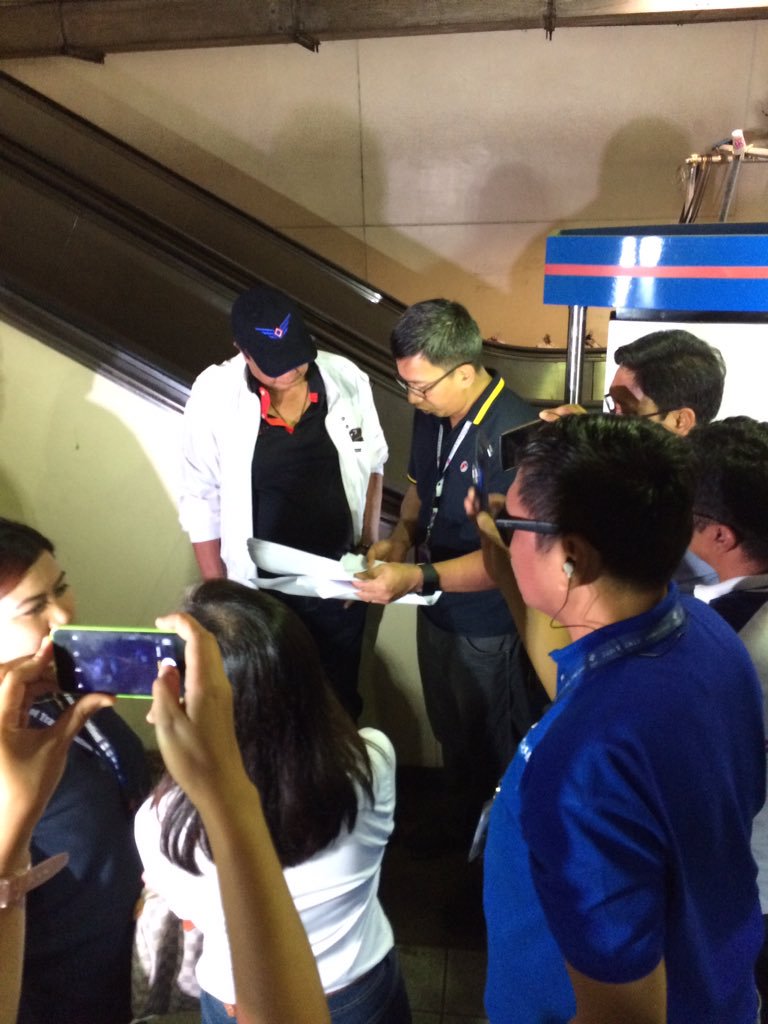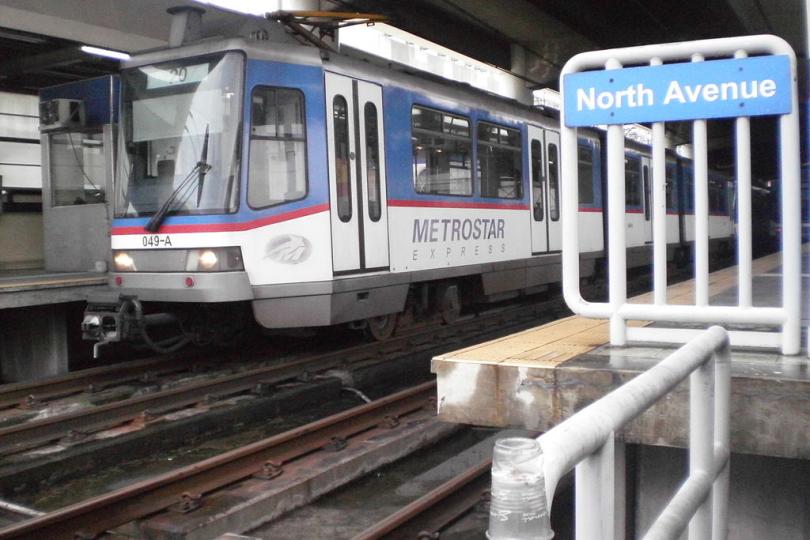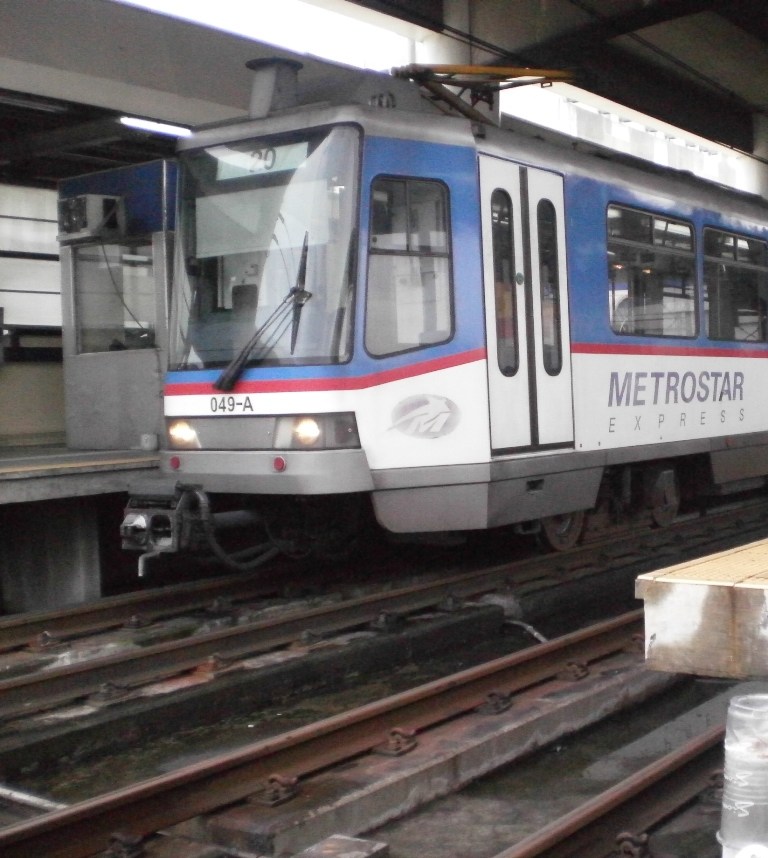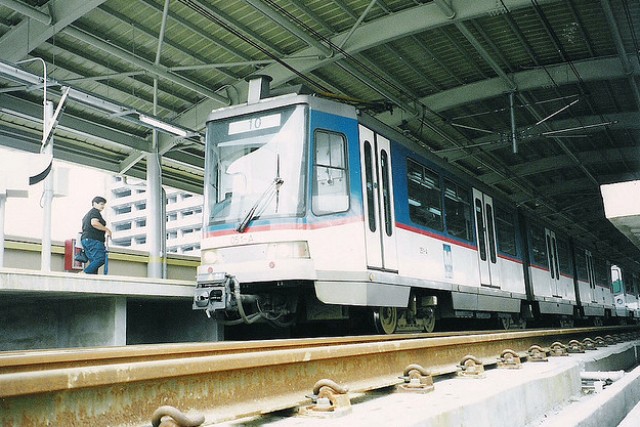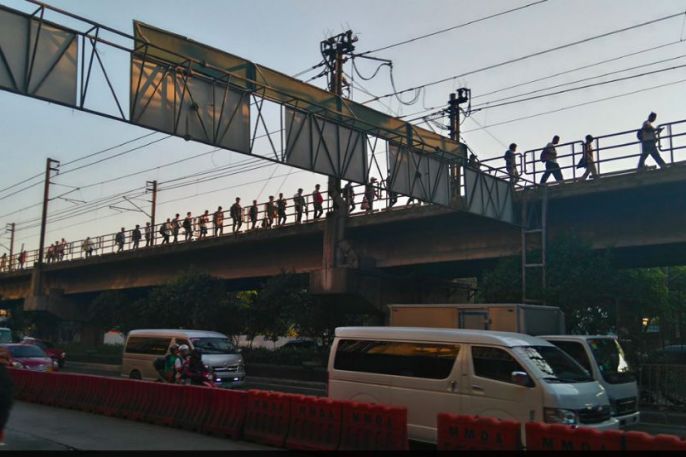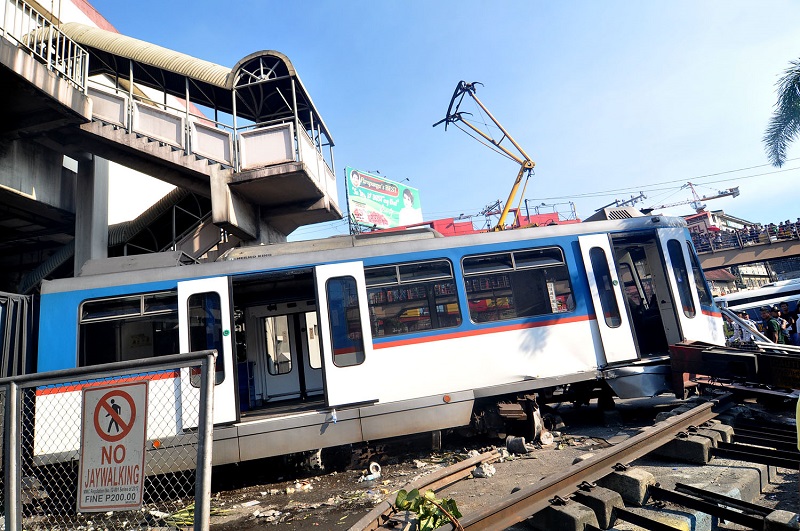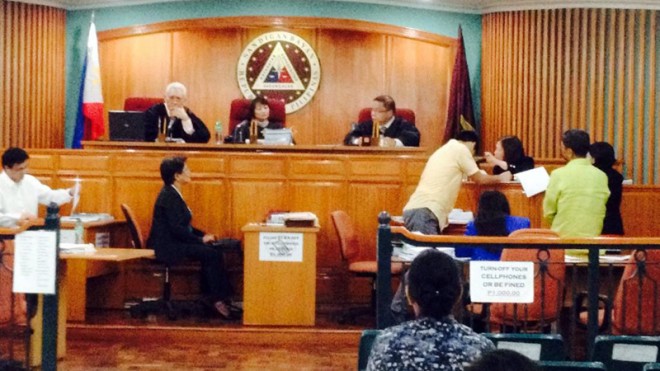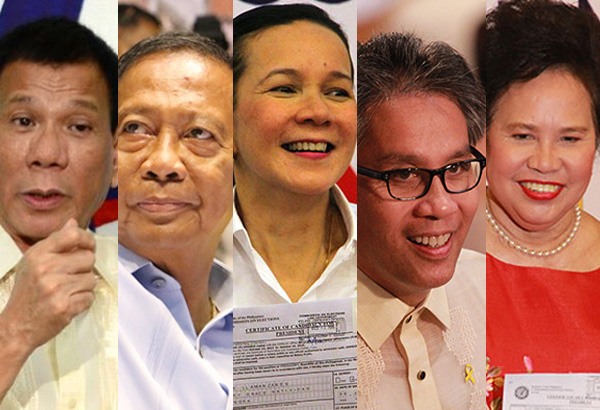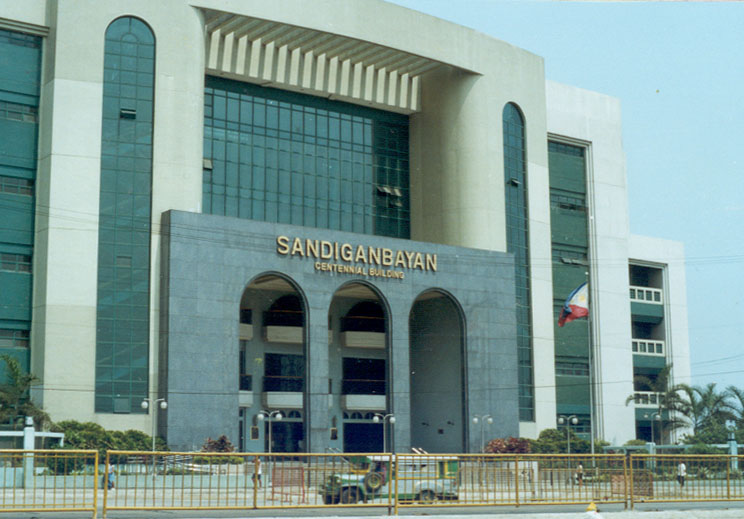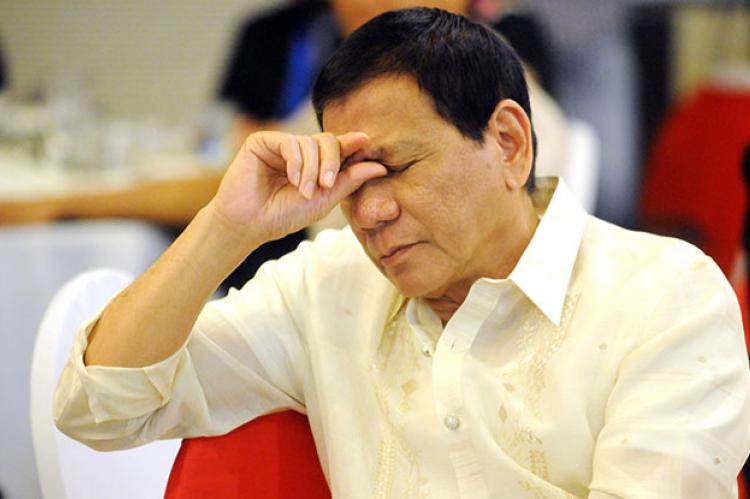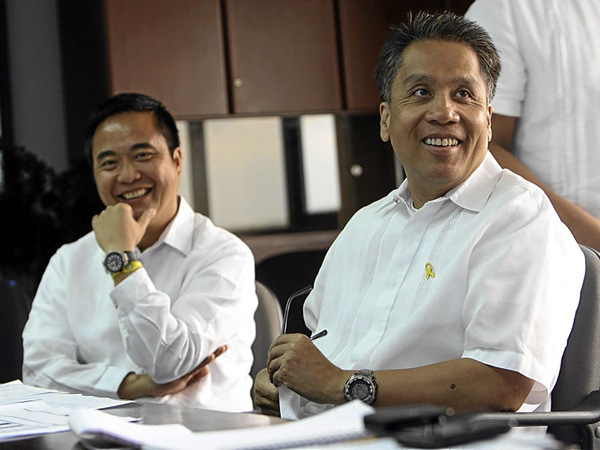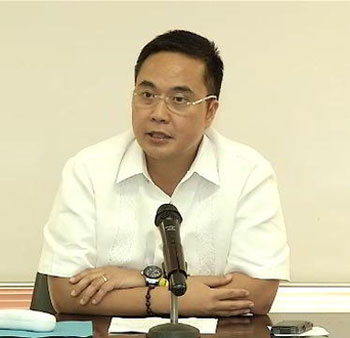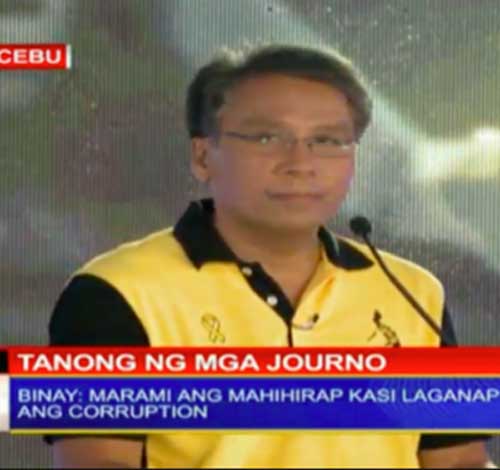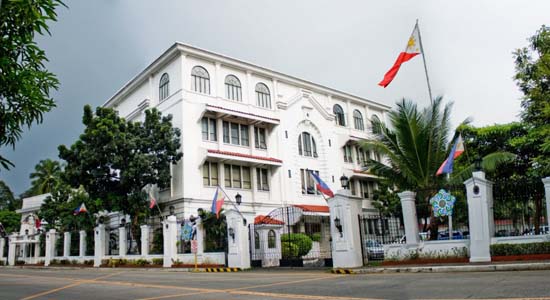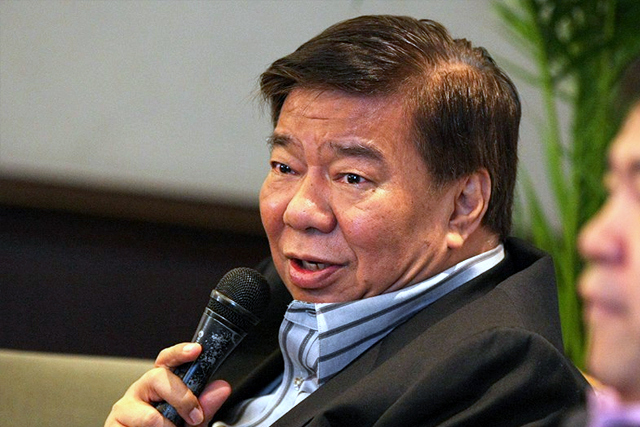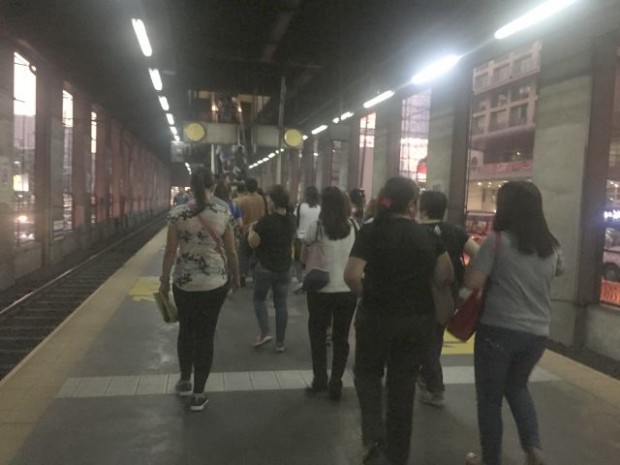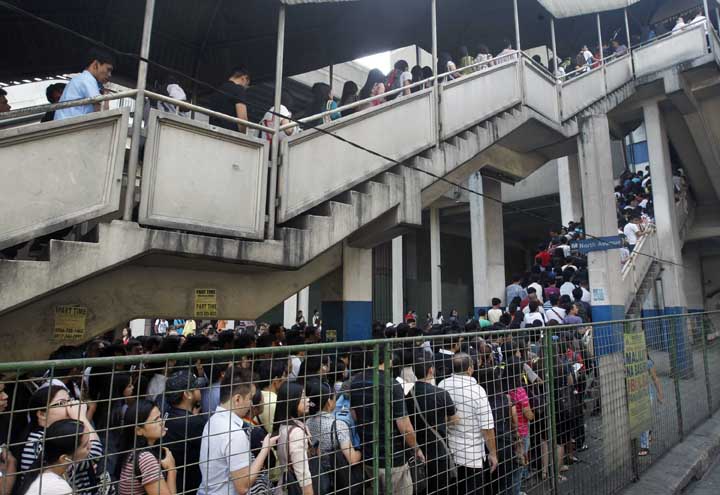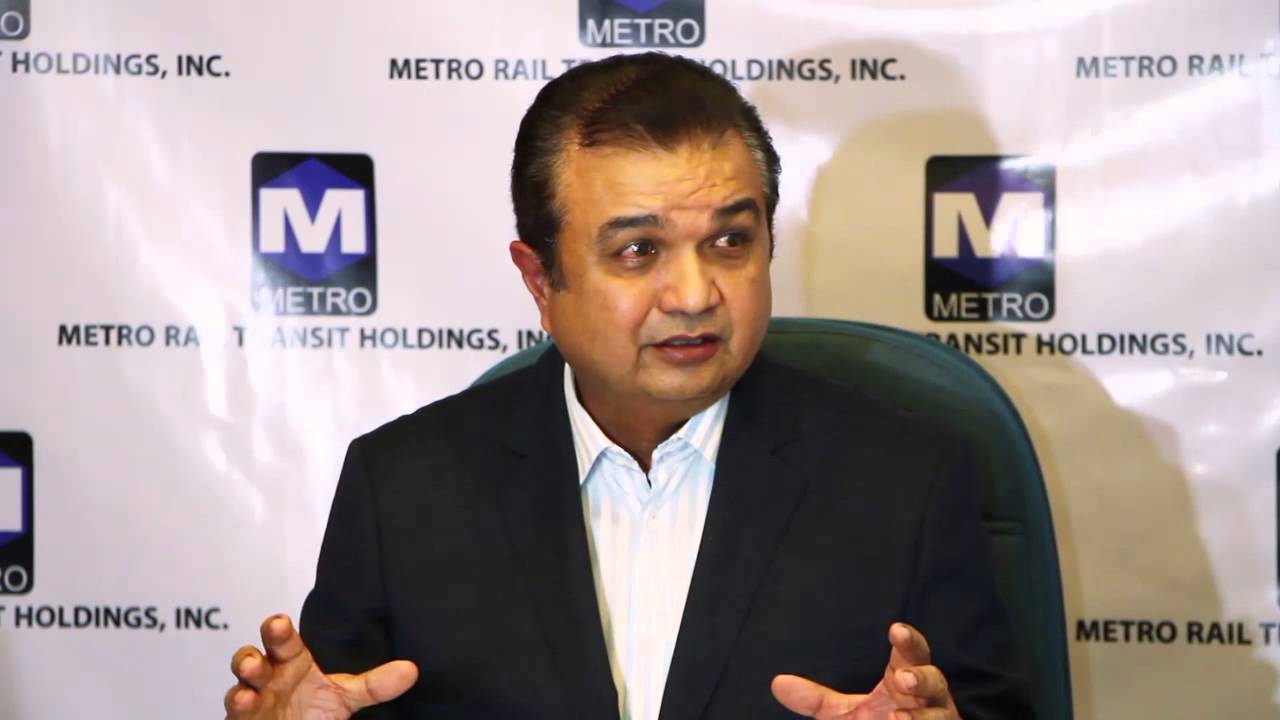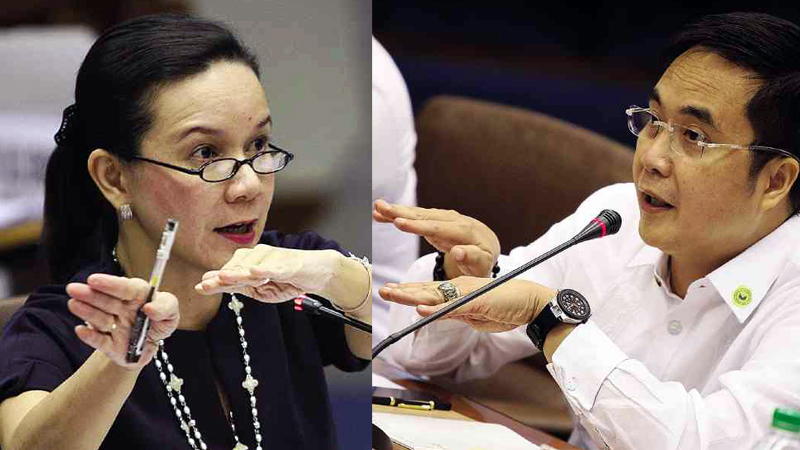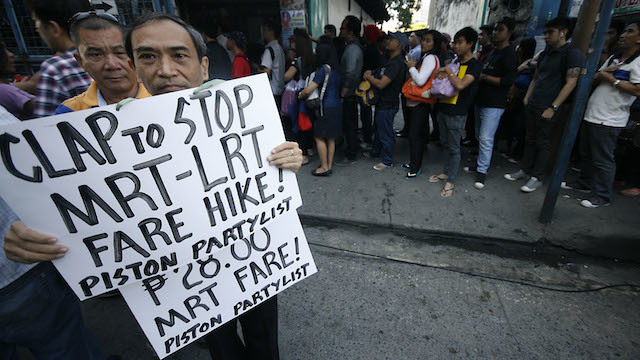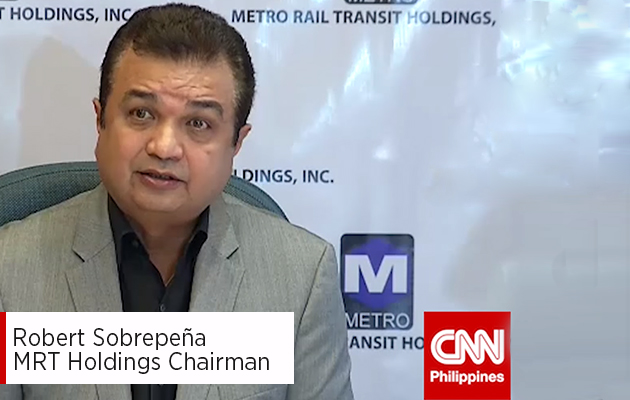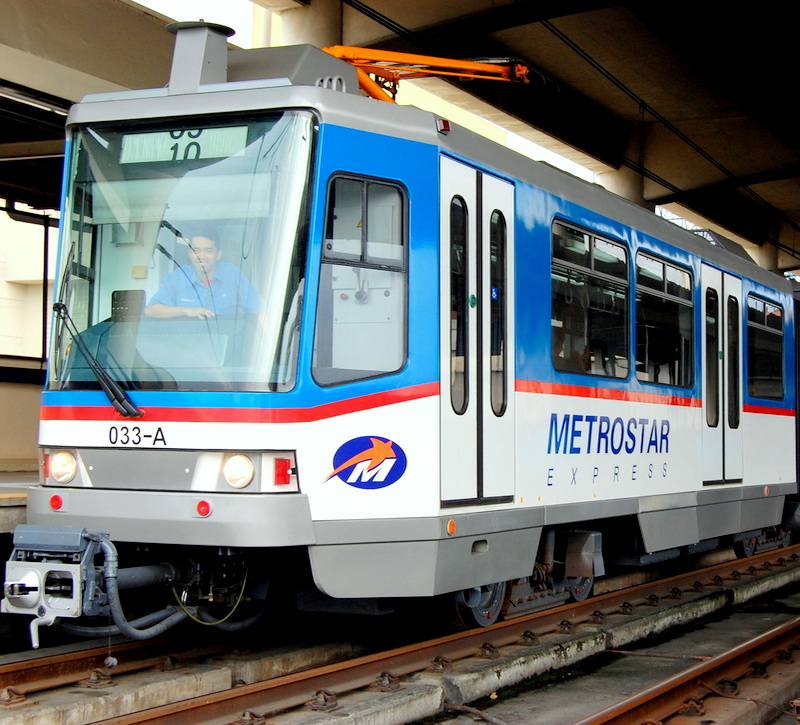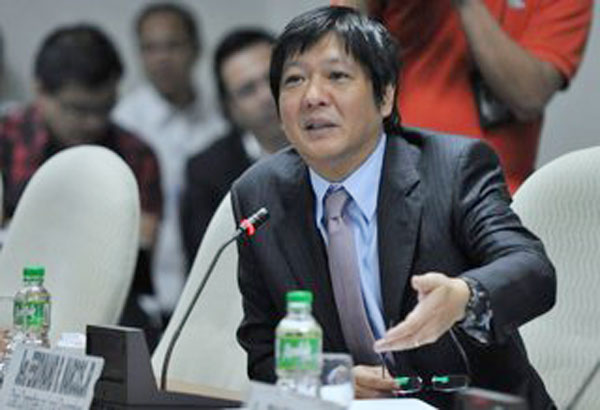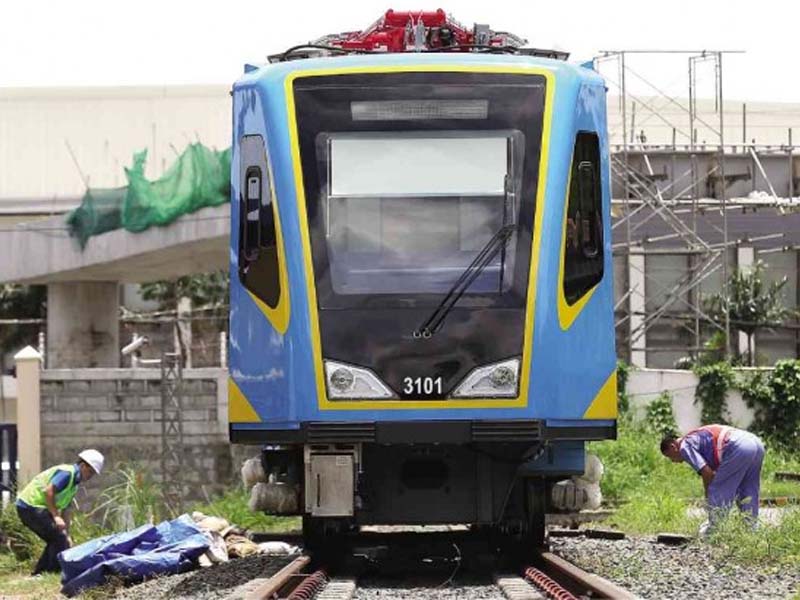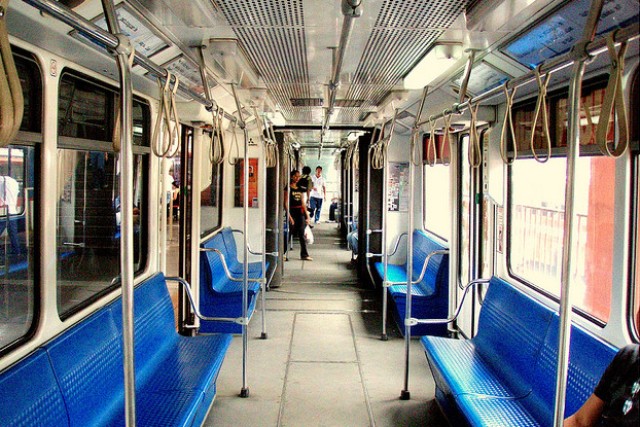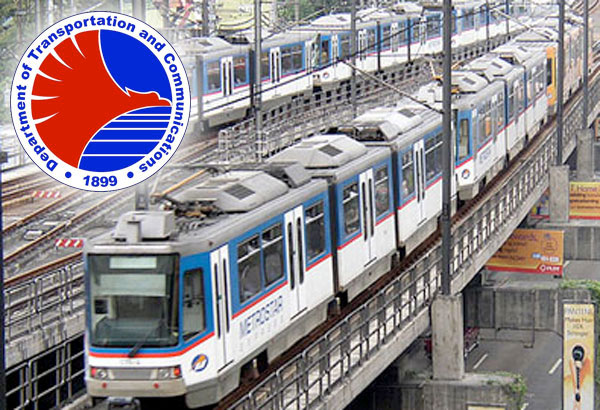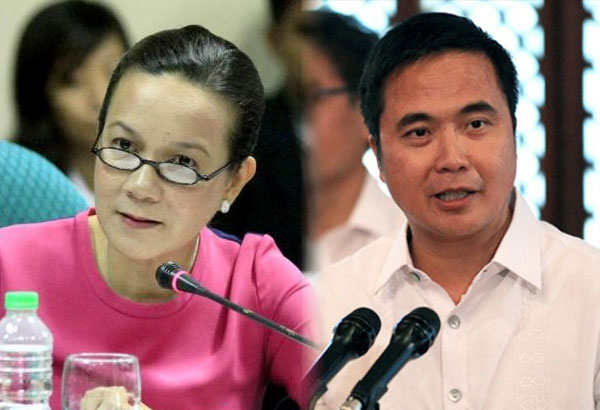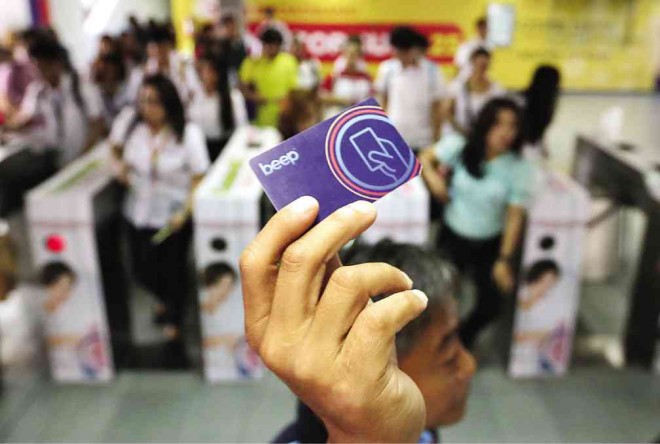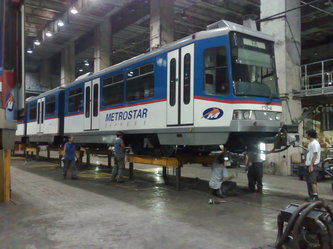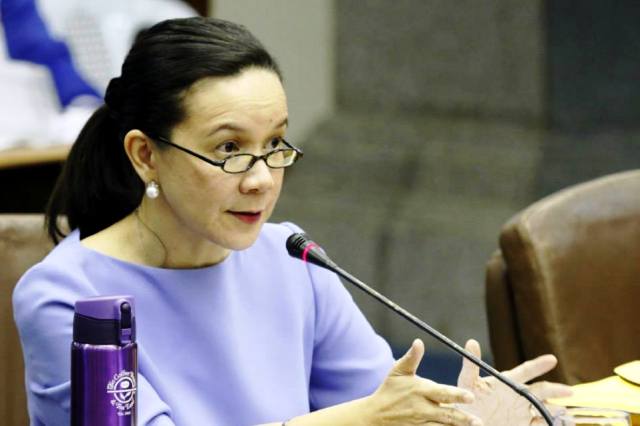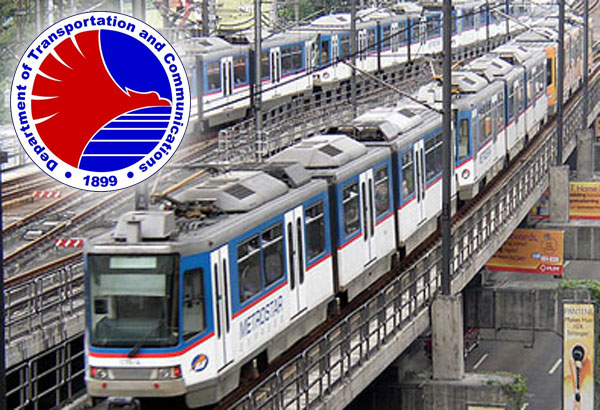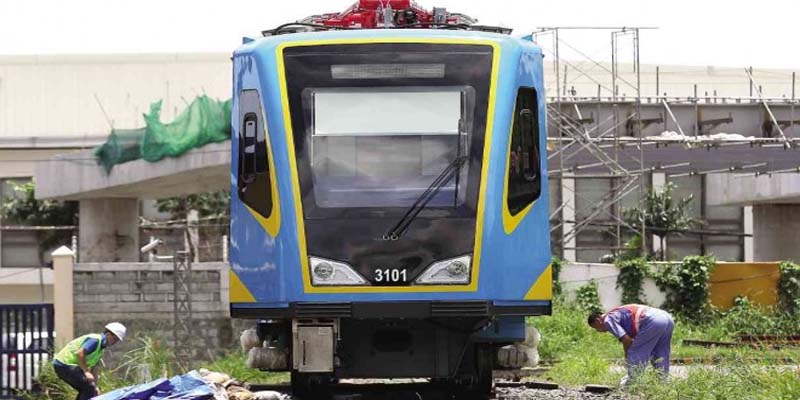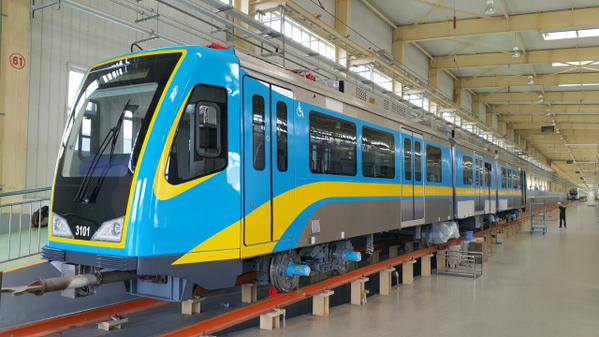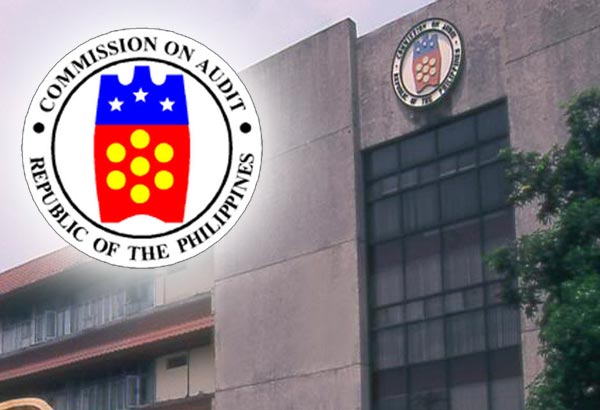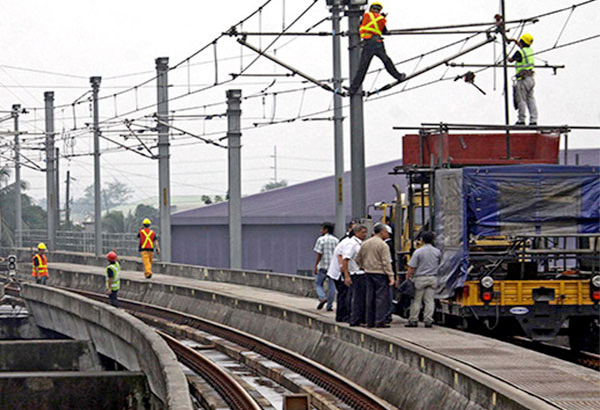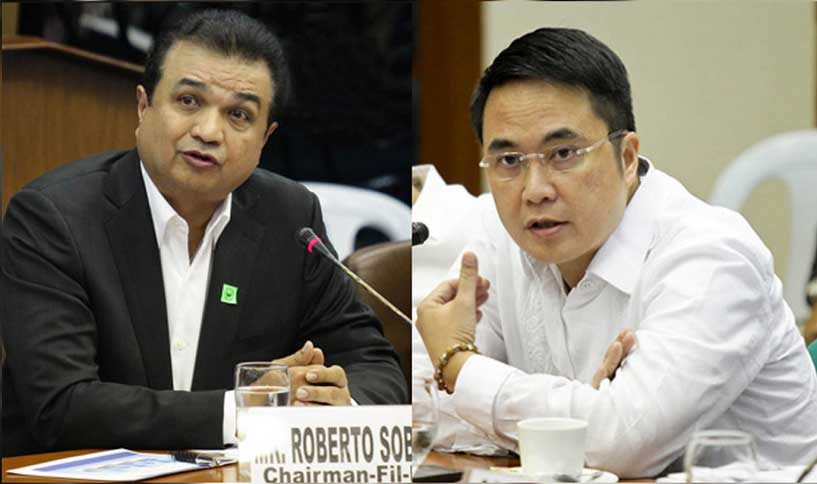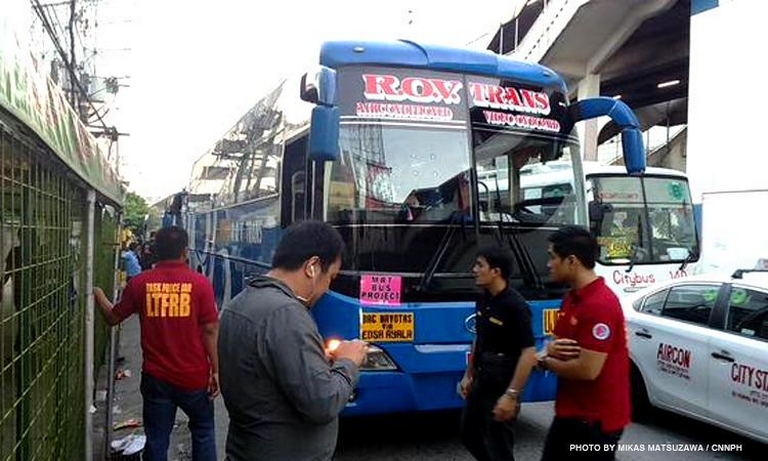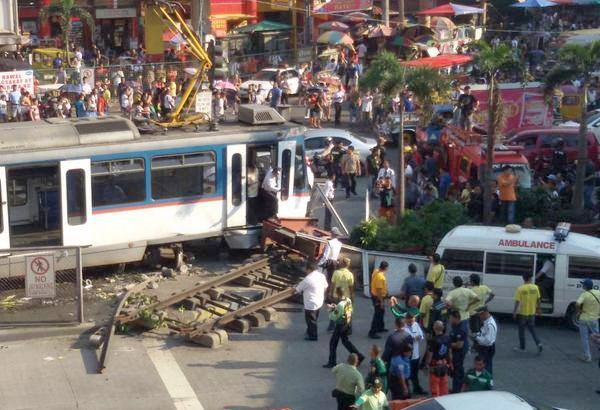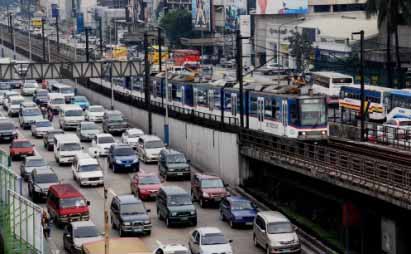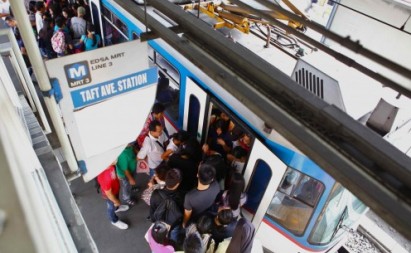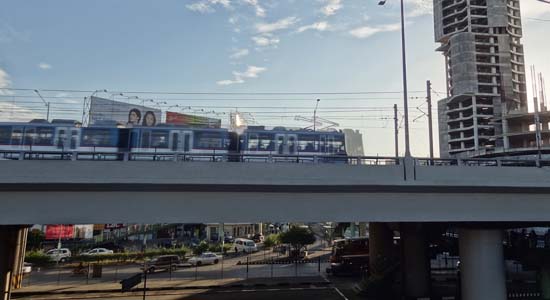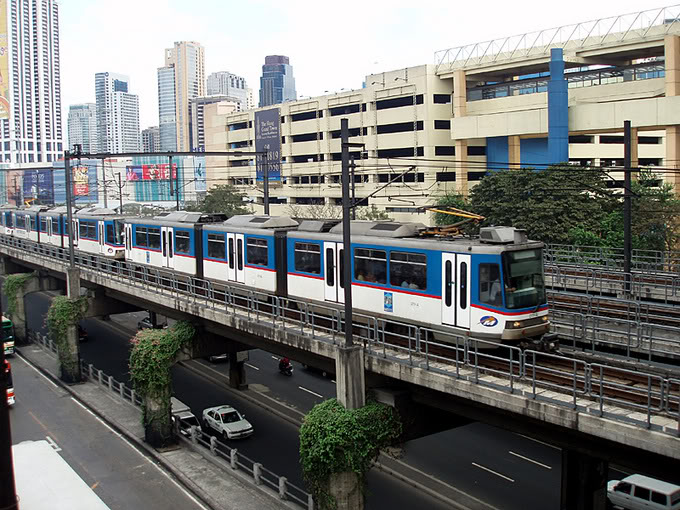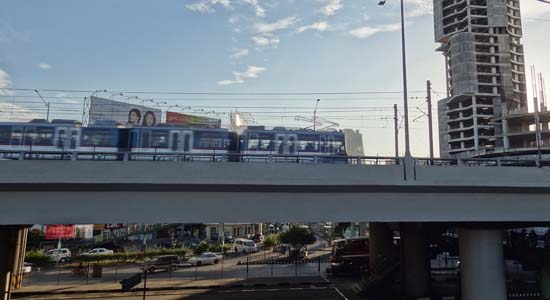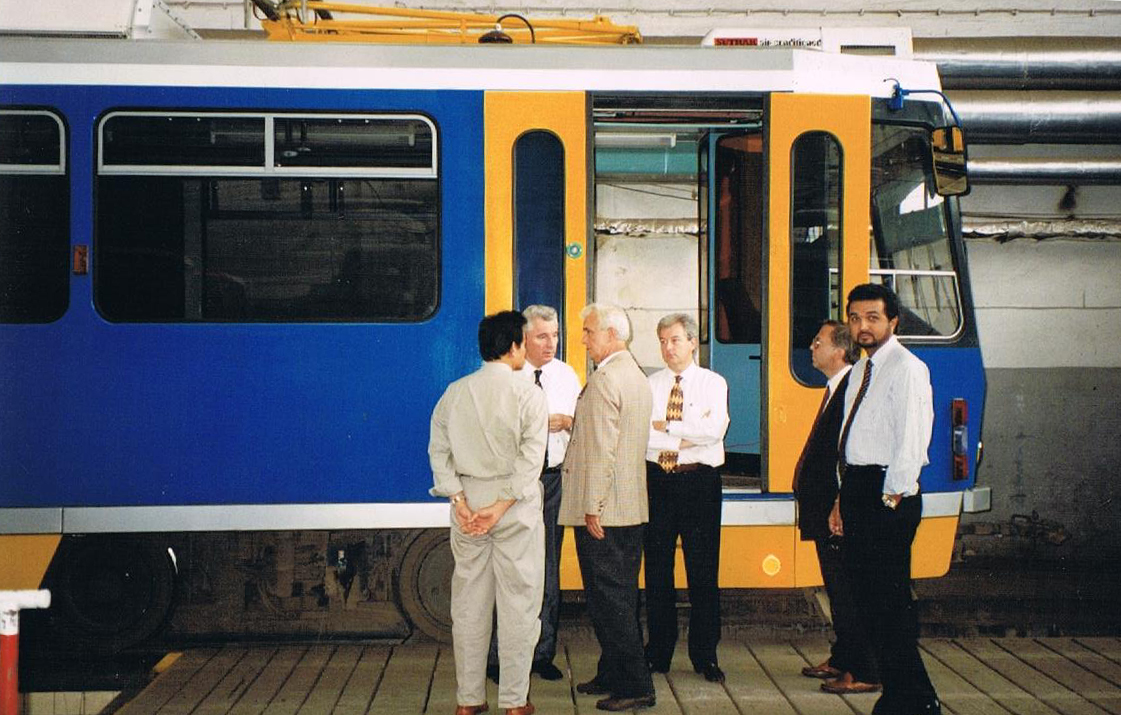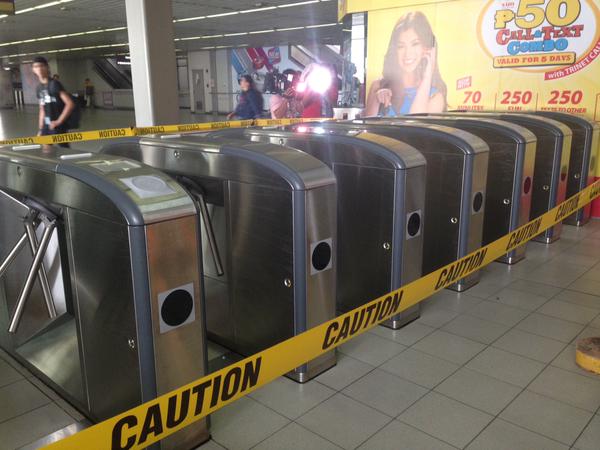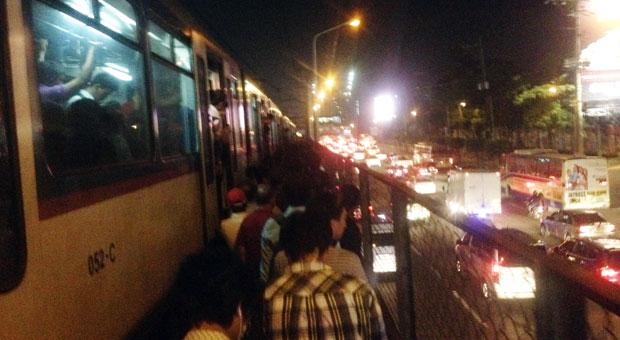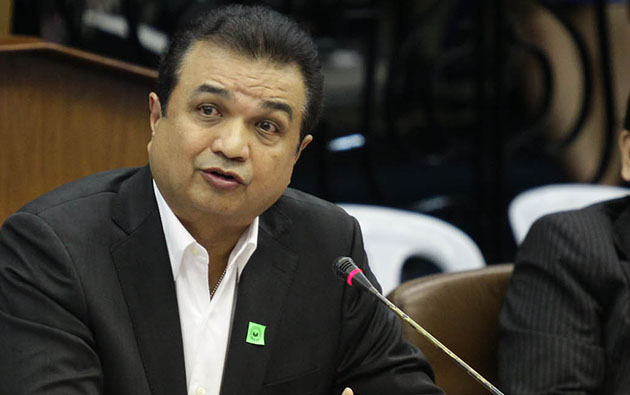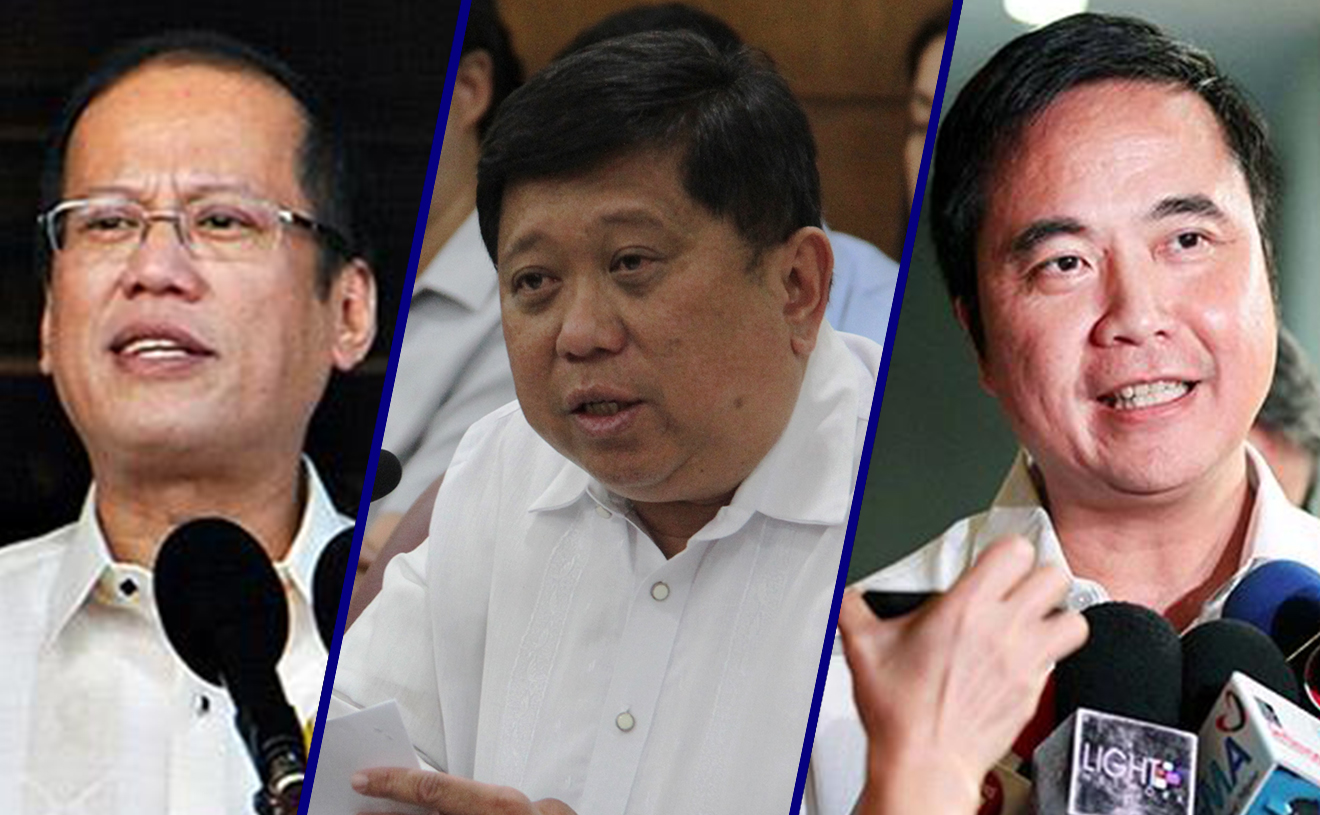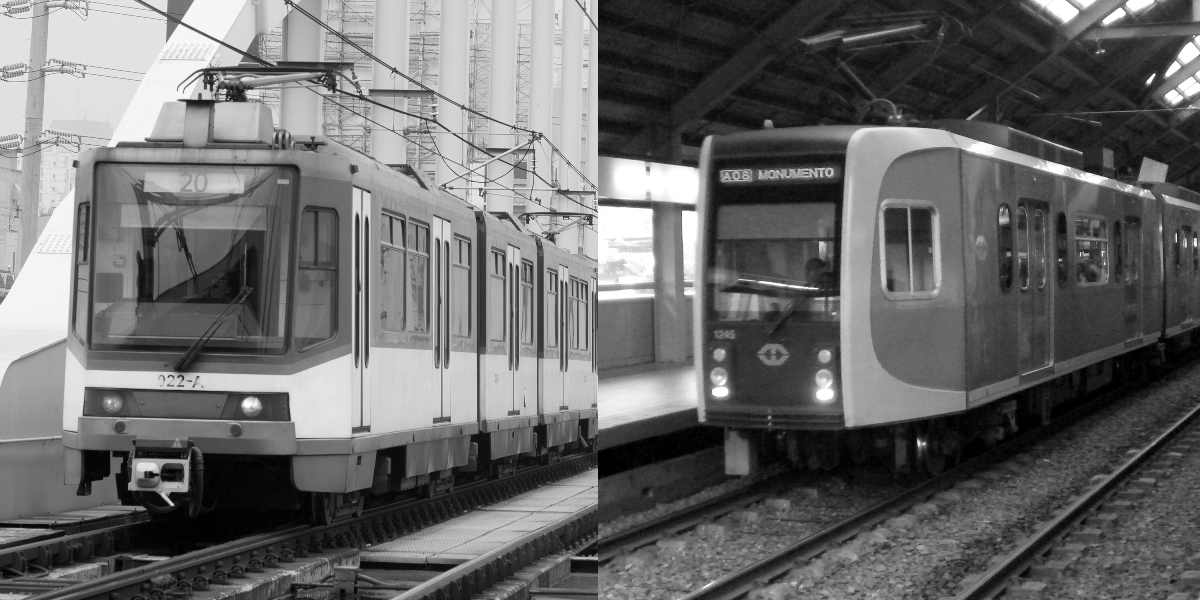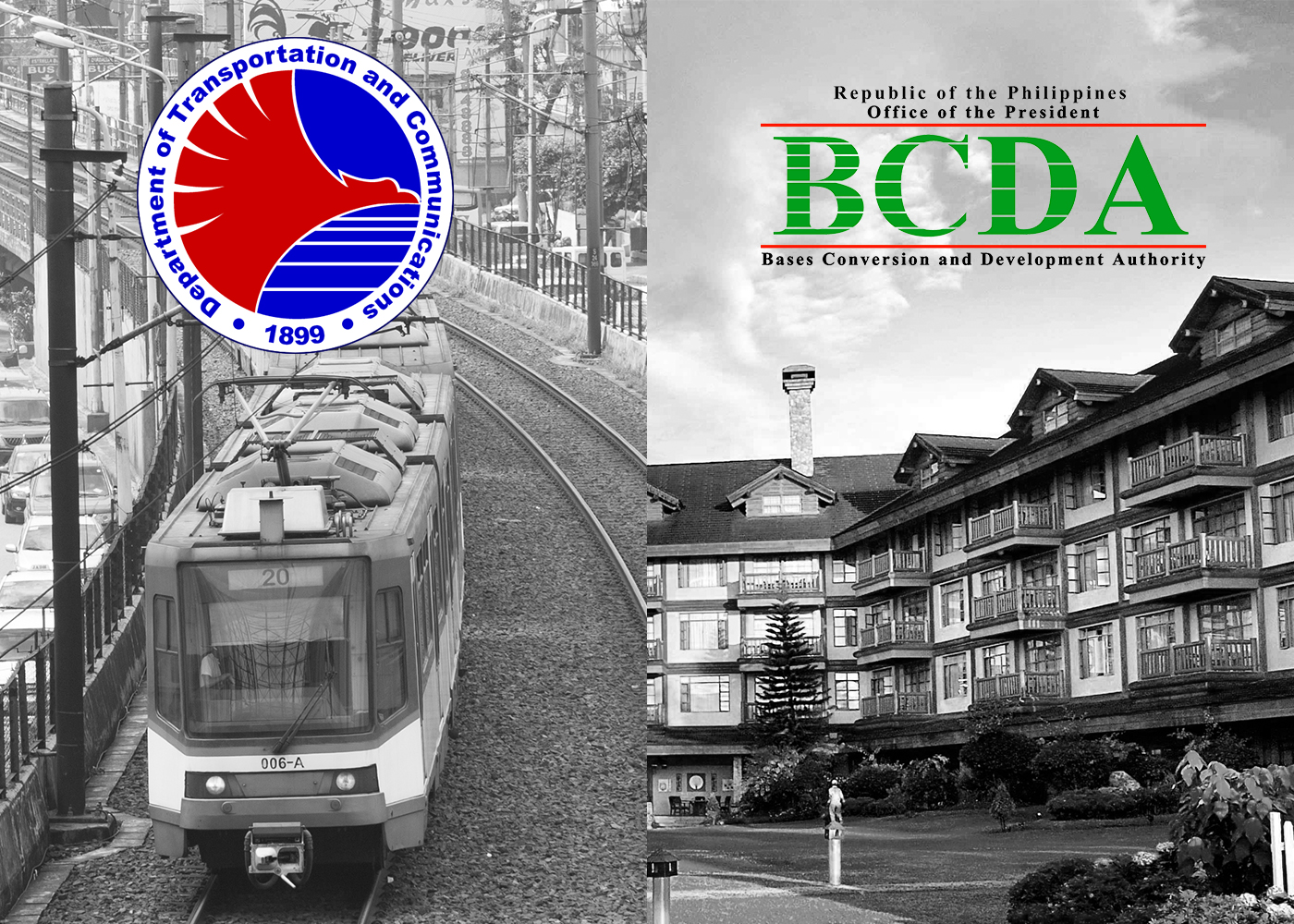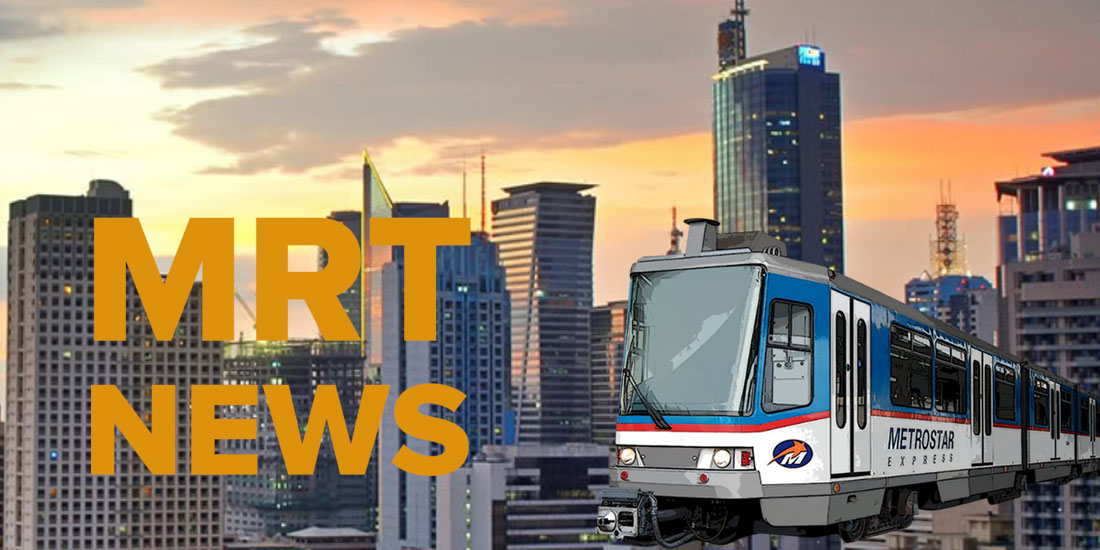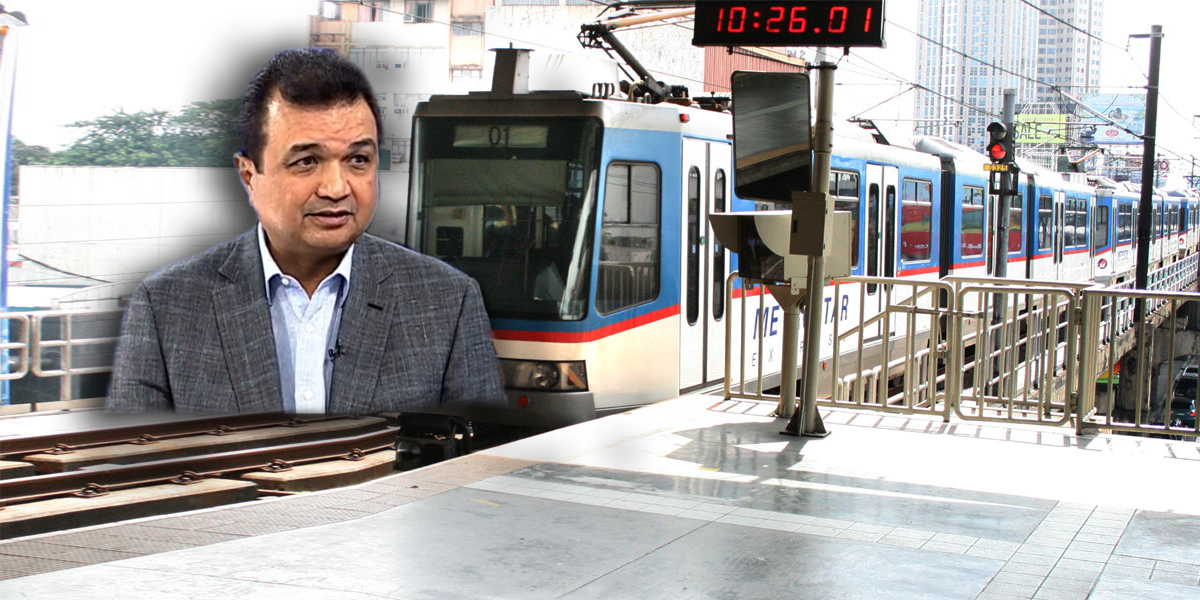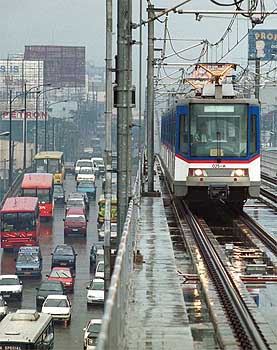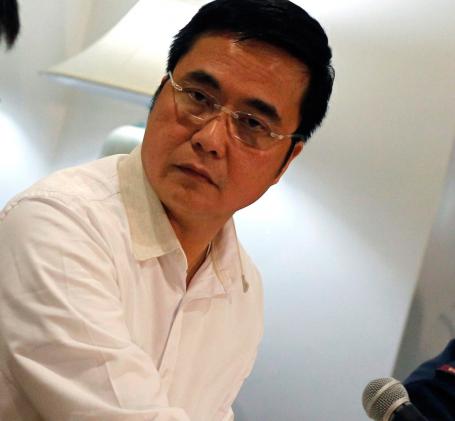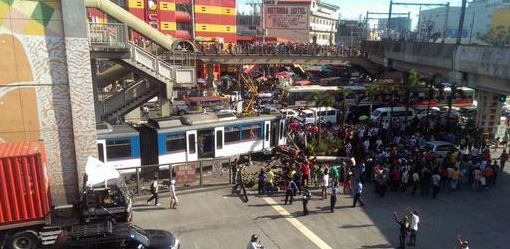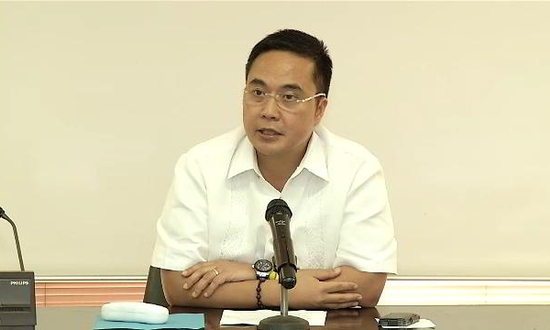By Ducky Paredes | August 1, 2014
WHAT the Department of Transportation and Communications (DOTC) must do to sort out the current mess in the national capital’s train systems is abide by the government’s 15-year-old contract with MRT Corp. (MRTC), the much-ignored private operator of the Metro Rail Transit Line 3 (MRT3).
DOTC executives led by Secretary Joseph Ababa and Light Rail Transit Authority (LRTA) administrator Honor to Chance, concurrent MRT3 officer-in-charge (OIC), must also weed out unqualified contractor-bidders and review not only the performance of the train lines’ current maintenance service providers but also government’s original commitments to MRT Corp. (MRTC), which, by rights, should be running the EDSA rail system.
Ababa and Chance must also conduct a technical audit of the accident-prone MRT3, either by an independent third-party expert or jointly by DOTC/LRTA and its partner MRTC.
***
The deadline for the submission of bids for the maintenance contracts of LRT1&2 and MRT3 have been moved to give more time for the bidders to submit their offers and for the members of the newly reorganized Bids and Awards Committee (BAC) to study the official bidding process for these maintenance and operation (M&O) projects.
Secretary Ababa has announced that the DOTC awarded a P4.5-billion capacity expansion contract to lone bidder Dali an Locomotive & Rolling Stock Co. in April for the supply of 48 MRT3 light rail vehicles (Luvs) on the basis of a P4.5-billion allocation in the 2014 General Appropriations Act (GAA), the 2015 national budget.
***
At the same time, the ignored private-investor partner had good news from the Philippine Rating Services Corp. (Phil Ratings). It upgraded the credit rating of Trance 2-G issued by MRT III Funding Corp from “PRS A” to “PRS Ana”. These are the asset-backed debt notes that securitizes future dividends arising from the DOTC’s equity rental payments (ERPs) to MRTC, under the 25-year build-lease-Transfer (BLT) accord it forged with this private contractor in 1999.
Such a credit rating upgrade augurs well for MRTC For one, this higher credit rating indicates favorable investment attributes putting the debt note in the category of upper-medium grade debt or with minimal or very low risk of non-payment.
***
The announced postponement of the auctions for the LRT1&2 maintenance contracts bears watching because of the participation of certain interested parties who could be responsible for the worsening system glitches and accidents at MRT3, and are the subject of parallel investigations by the Office of the Ombudsman and the National Bureau of Investigation (NBI) in connection with the $30-million extortion charge of Czech Ambassador Josef Richter and Nikon Corp. boss Josef Husk and the allegedly fraudulent award of this train line’s interim M&O contracts over the past two years.
With the number of MRT3 passengers increasing by the day beyond this system’s capacity, a technical audit ahead of the capacity expansion program and better, more stringent vetting in choosing M&O operators, are in order. Glitches and accidents have been happening with increasing frequency ever since Philippine Trams Rail Management & Services (PH Trams) and, later, Outré Porte Technique Global Inc. (APT Global) took over as interim contractors two years ago.
***
The eight (8) companies that have expressed interest in bidding for the P1.3-billion LRT2 maintenance contract are Marubeni Corp. of Japan, DM Consuming Inc., Telephonic Inc., Global Epsom Services Inc., Bussan Transportation Corp. of Korea, the tandem of Multi-Scan Corp. and Hyundai Rote Corp. of Korea, Comm. Builders & Technology Phil’s. Corp. (CB&T), and APT Global.
Two of these bidders–APT Global and Telephonic – are part of the four-member consortium (along with STIV and Pacific) that are LRT2’s current maintenance service provider.
APT Global took over the M&O contract last year from the PH Trams-CB&T consortium, which, in turn, won the contract under highly irregular circumstances following the DOTC’s 2012 decision to dump longtime MRT3 maintenance operator TES-P of Sumitomo Corp. of Japan (TES-P/Sumitomo).
***
Rather than allow APT Global to take part in the LRT2 bidding and, possibly, in the LRT1 bidding too, Chance and the newly-formed BAC should disqualify APT outright.
Chance as MRT3 OIC should review the performance of APT Global as this system’s interim maintenance service provider before its contract expires in August or cancel this contract at once.
The DOTC/LRTA, or better yet the MRTC, should avoid a repeat of the irregularities that mired the award of interim contracts to the consortium of PH Trams-CB&T in 2012 and to APT Global in 2013—and which eventually led to Vitangcol’s unceremonious exit as MRT3 general manager,
Imagine if APT Global wins either of or both the LRT1 and LRT2 M&O contracts and the Ombudsman ends up filing charges against any or all of its executives in connection with either or both MRT3 scams?
Justice Secretary Lilia de Lima has asked clearance from President Aquino to release the NBI’s probe report on the extortion charge vs. Vitangcol, which she said the Department of Justice (DOJ) submitted to Malacañang last May yet.
Again, imagine if APT Global wins either of or both the LRT1 and LRT2 contracts and it turns out that the NBI report, once released to the public, actually recommended the filing of criminal charges against any or all of the APT Global executives over either or both MRT3 scandals?
It would be best if Secretary Abaya and Chaneco were to cancel APT Global’s about-to-expire contract and take legal action against its officers and those of PH Trams, to put a stop to the recurring glitches and accidents and avoid both
DOTC officials’ possible criminal prosecution for the highly anomalous award of the two contracts to PH Trams-CB&T and APT Global as successive interim maintenance providers.
In both instances, the DOTC did not submit the Terms of Reference (TOR) of the M&O contracts to MRTC before signing them with PH Trams-CB&T and APT Global.
The DOTC and LRTA executives have created for themselves another legal pickle. even probable jail time. Put in question is the legality of DOTC’s decision to unilaterally bid out the MRT3 expansion project and award the P4.5-billion contract to Dalian Locomotive.
In the first place, this DOTC decision to pick the supplier of MRT3’s 48 new LRVs already has no legal leg to stand on as it violates the 1999 BLT contract, which gave MRTC the sole authority to supply additional trains.
In an Executive Brief released at the height of the DAP controversy, Malacañang identified 116 projects worth P144 billion combined that were funded through government-declared savings on the strength of the DAP mechanism.
These included projects in support government-owned and –controlled corporations (GOCCs), namely, the purchase of additional trains (P4.5 billion) and rehabilitation of LRT1&2 (P1.87 billion).
If the DAP-sourced P4.5-billion outlay was stricken off the priority list, what was the funding basis for the DOTC’s public bidding–and subsequent award of the contract to Dalian Locomotive–for the supply of 48 trains?
Secretary Abaya explains that although the MRT3 expansion program would not be funded through the DAP, this would push through by way of the 2015 national budget law.
Abaya was quoted as saying that, “The (DAP) fund was eventually withdrawn. We were eventually given appropriation in the 2015 GAA.”
Abaya says that the supply and delivery of the new trains by Dalian Locomotive will proceed as scheduled, with the arrival of the first batch of LRVs by the first quarter of 2015 and the rest of the coaches by the third quarter of 2016.
But with this revelation, Abaya has only dug himself a deeper hole because how could the DOTC have announced the public bidding for the supply of MRT3 trains in 2013 yet when it was supposed to have secured the appropriate funding–as now alleged by the DOTC secretary–only in next year’s GAA?
***
The Government could have avoided all the current and potential legal hassles in this MRT3 capacity expansion project had DOTC only abided by the 1999 BLT agreement and allowed MRTC to do its job of choosing the M&O contractor for this EDSA rail line.
Should the DOTC/LRTA pursue this plan to buy 48 trains from Dalian Locomotive, Chaneco and his immediate boss (Abaya) could end up in jail because:
Government can not use taxpayers’ money to buy trains for MRT3 as this rail system–pending the implementation of the long-pending, Malacañang-proposed Equity Value Buyout (EVBO) plan for a 100% government takeover–is still technically owned by a private company (MRTC).
The original 1999 BLT between DOTC and MRTC gives the private operator the exclusive right to purchase additional coaches, so much so that MRTC made four proposals in the past administration to acquire additional trains–at no cost to taxpayers–starting from 2000, when MRT3 was just completed, up to 2005, when this train system already reached its maximum design capacity.
After President Aquino took over in 2010, the MRTC made an offer in November that year–when now DILG Roxas was still DOTC secretary–to purchase new trains, again at no cost to the government.
But rather than accept MRTC’s fifth cost-free proposal, the DOTC opted to ditch this plan and instead chose to award a contract to Dalian Locomotive to supply 48 new trains, without seeking prior MRTC consent, in gross violation of their BLT agreement.
***
Actually, the DOTC and LRTA wouldn’t have had to go through all these legal and financial hassles at MRT3 if these agencies had only upheld the government’s BLT with MRTC and approved its November 2011 proposal to take over this train line (instead of toying around with its grandiose EVBO proposal that has been having great difficulty getting off the ground).
In fact, MRTC is in an even better financial state at this point to take over MRT3, as proven by PhilRating’s week-ago credit upgrade for this private firm’s securitized debt notes covering the government’s payment of future ERPs to this operator. Legislators should also read the Commission on Audit (COA) report in 2011, , questioning this Government plan to use public funds for the purchase of 48 coaches in violation of existing budget rules.
“In the absence of the guidelines to implement the provision of Section 53.6 of the IRR of RA 9184, it may be inferred that the procuring entity cannot resort to the procurement through a Procurement Agent,” added the state auditors.
Chaneco should bear in mind that the state auditors said in this 2011 report that the non-compliance with procurement procedures affected the validity of the DOTC-LRTA MOA and that they reprimanded the DOTC on this matter by telling the Department to “observe the required procedures... and enforce strict compliance with applicable laws, rules and regulations prior to the Transfer of funds.”
***
Readers who missed a column can access www.duckyparedes.com/blogs. This is updated daily. Your reactions are welcome at This email address is being protected from spambots. You need JavaScript enabled to view it. or you can send me a message through Twitter @diretsahan.

 Twitter
Twitter Facebook
Facebook